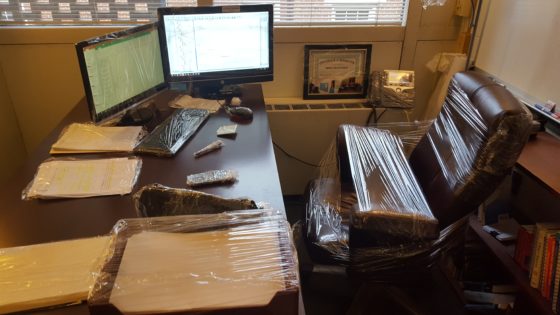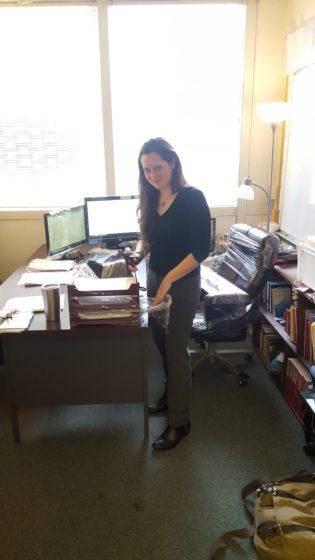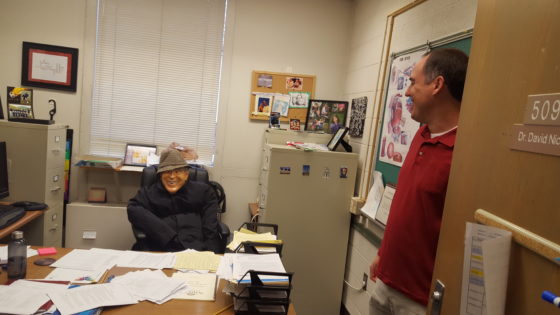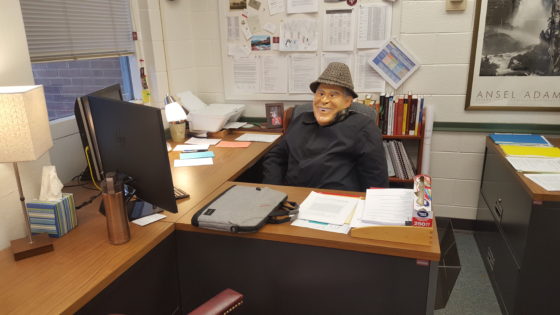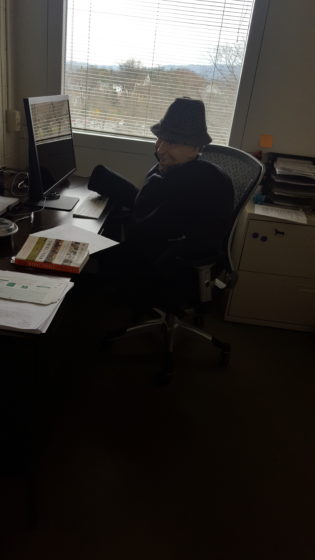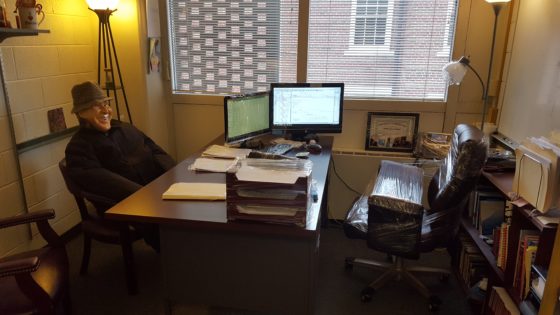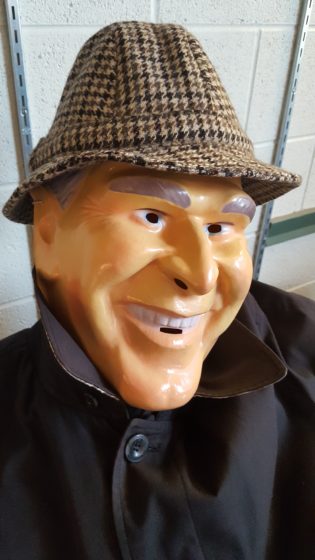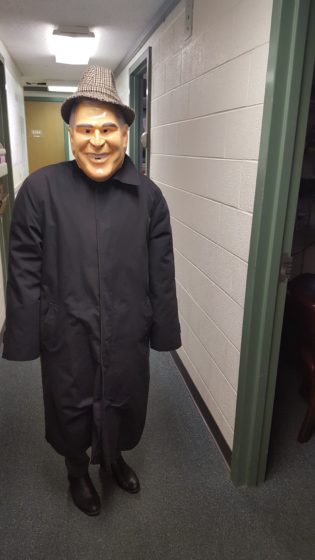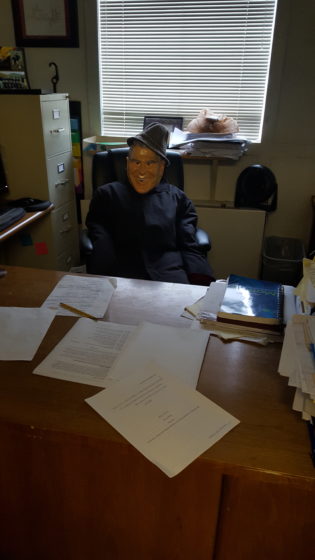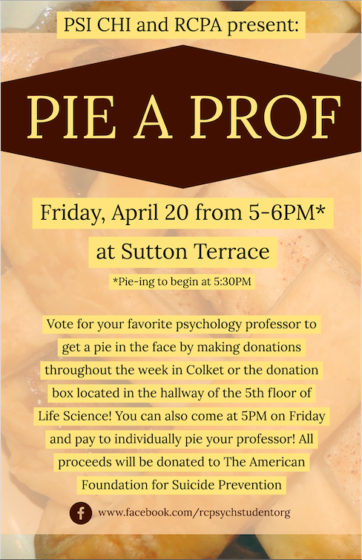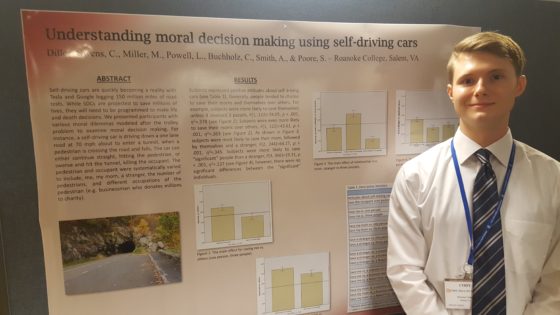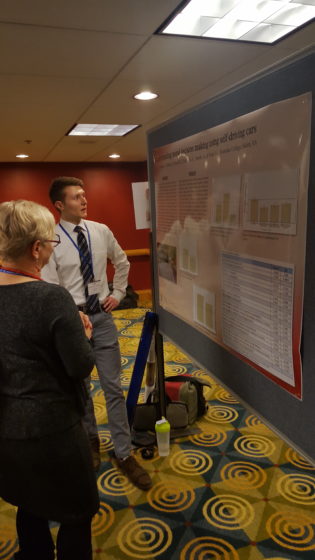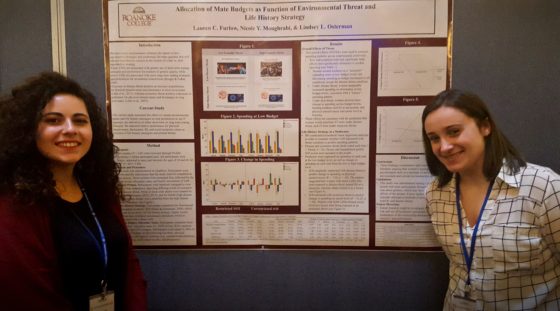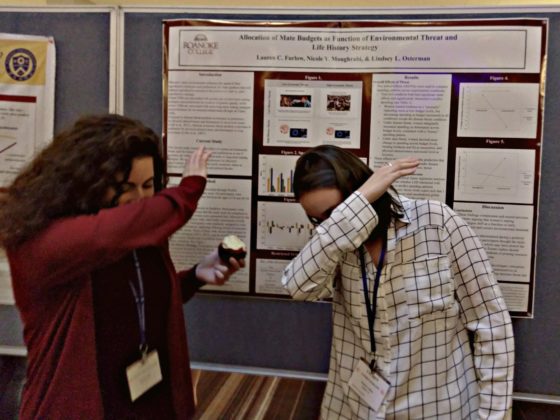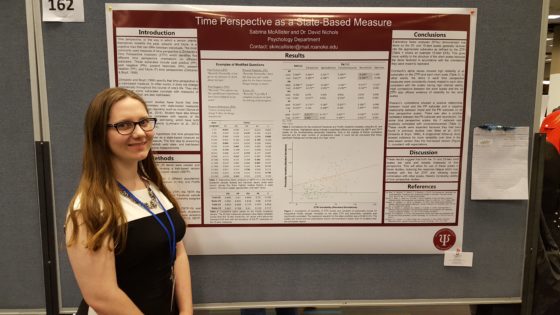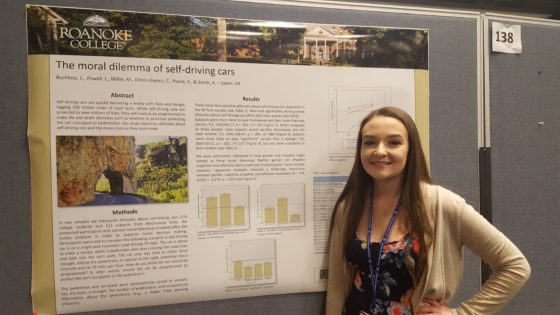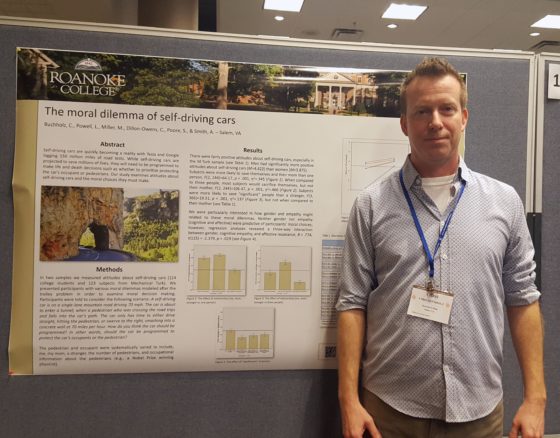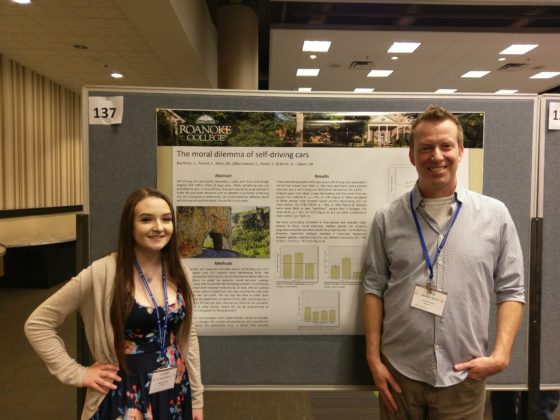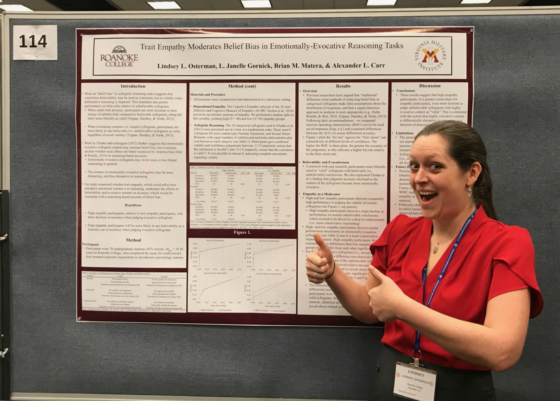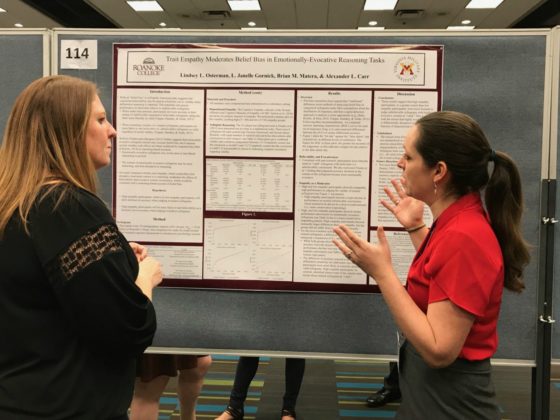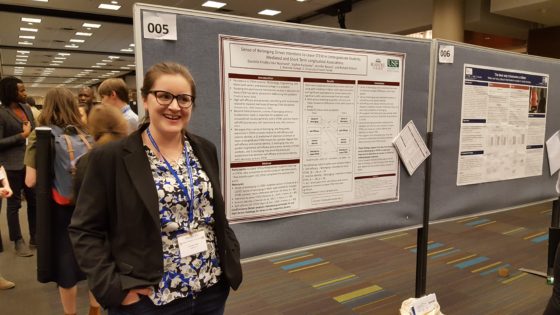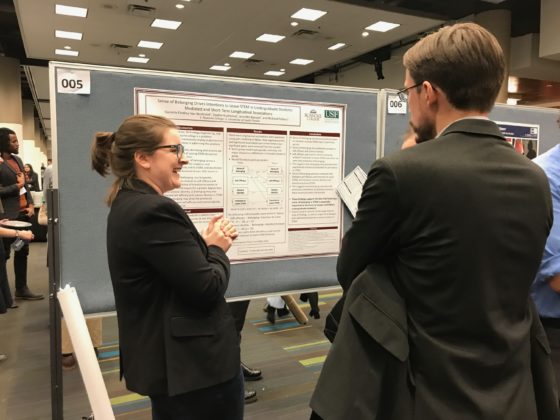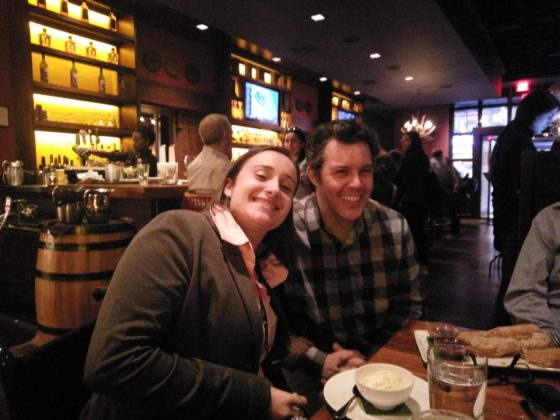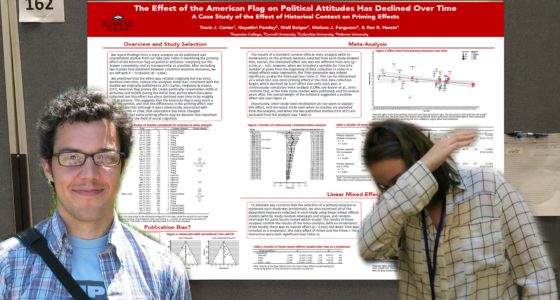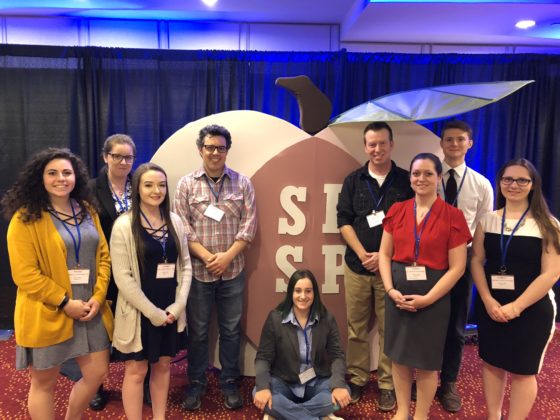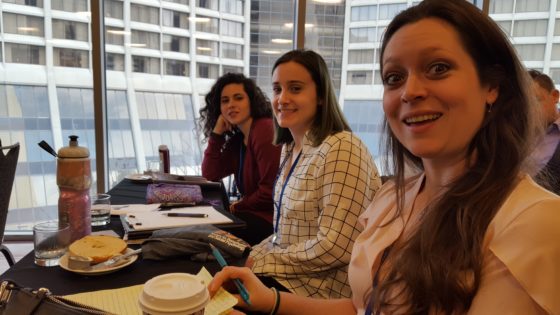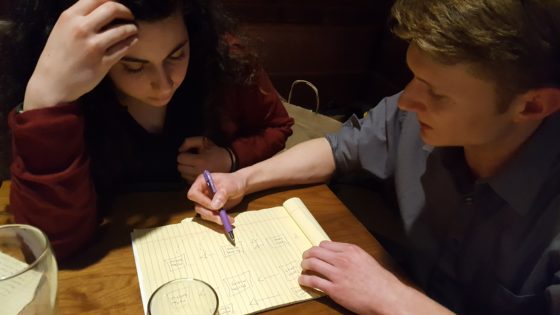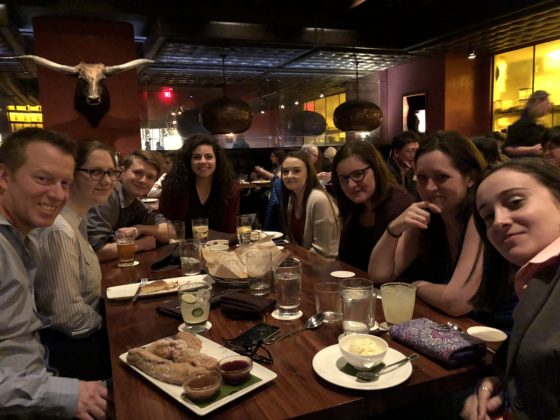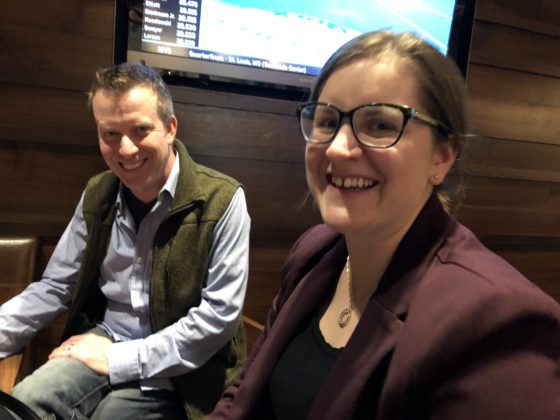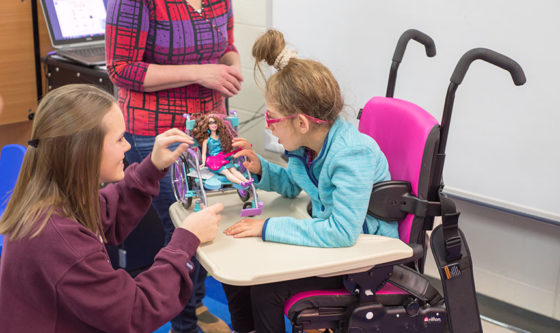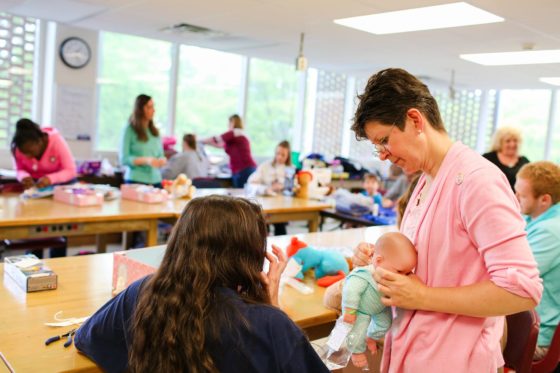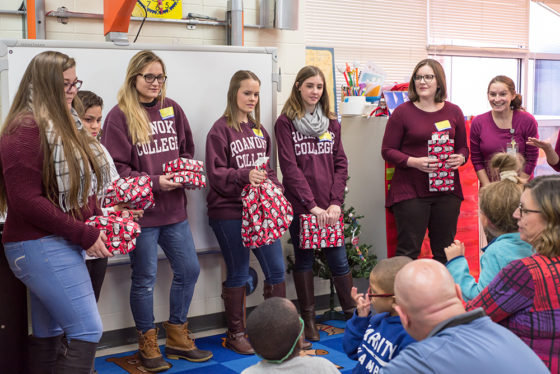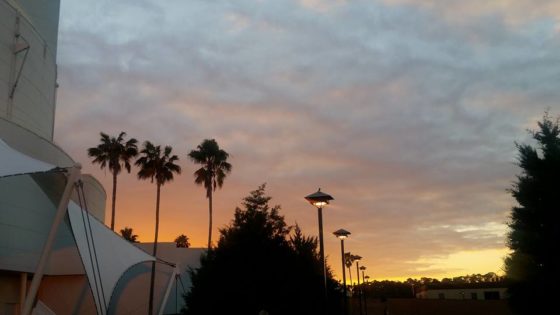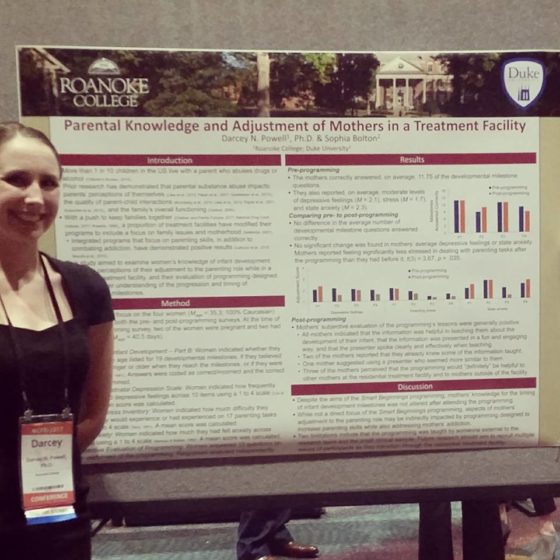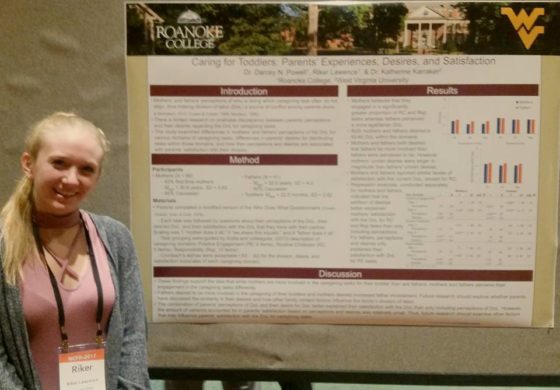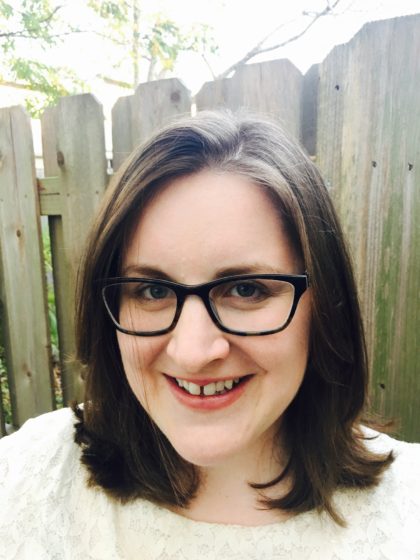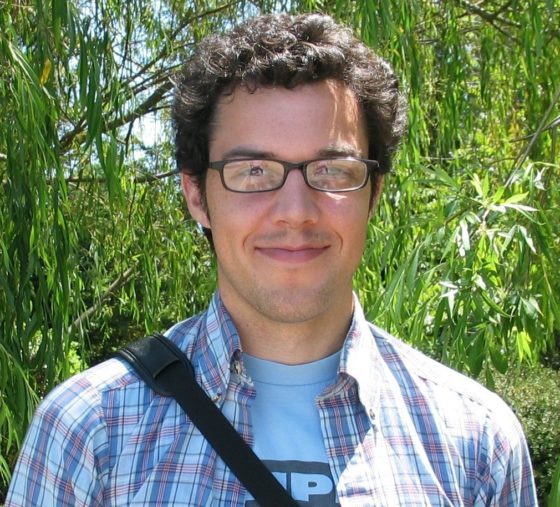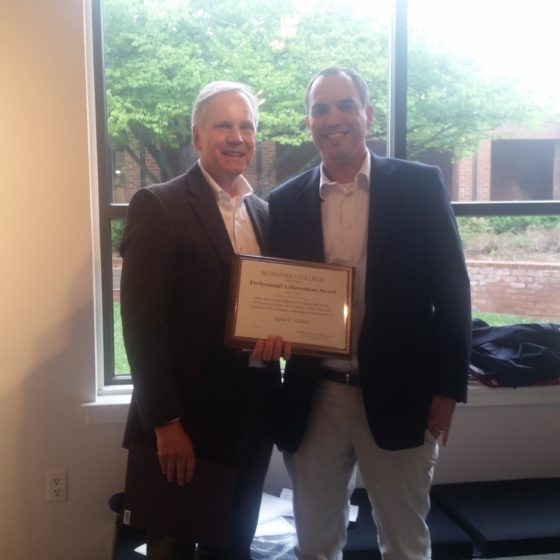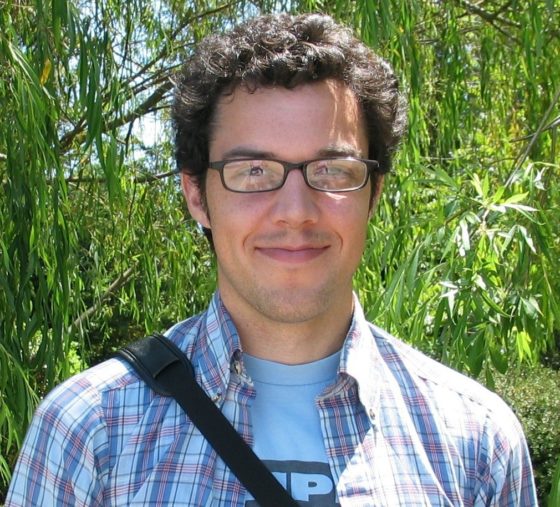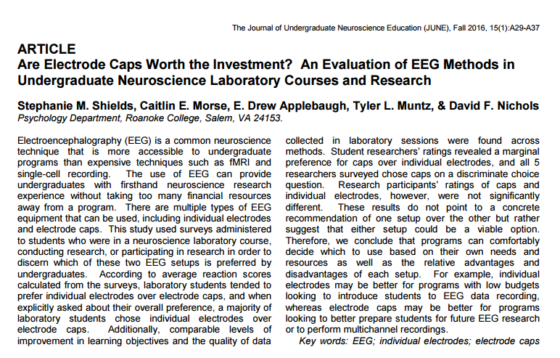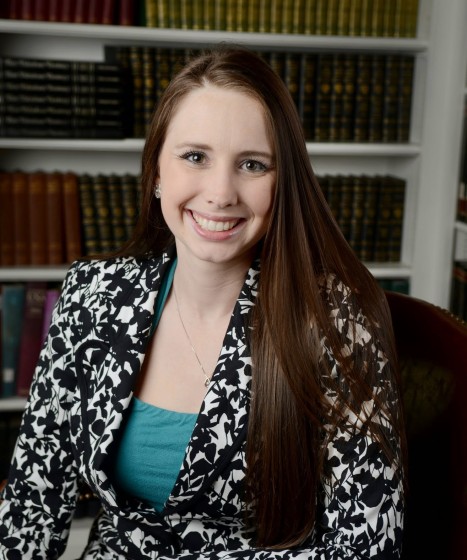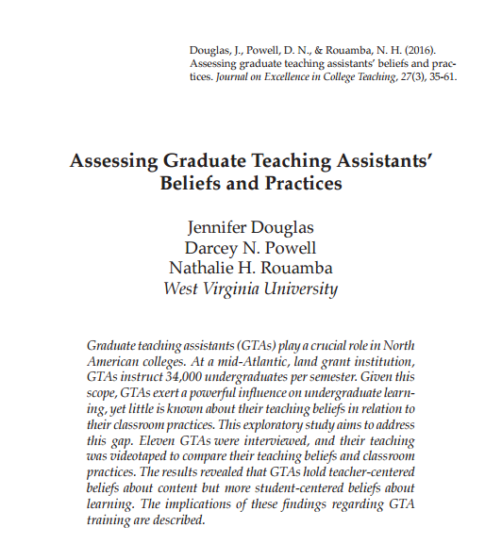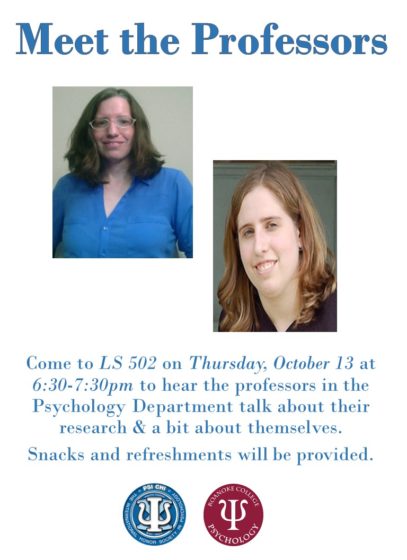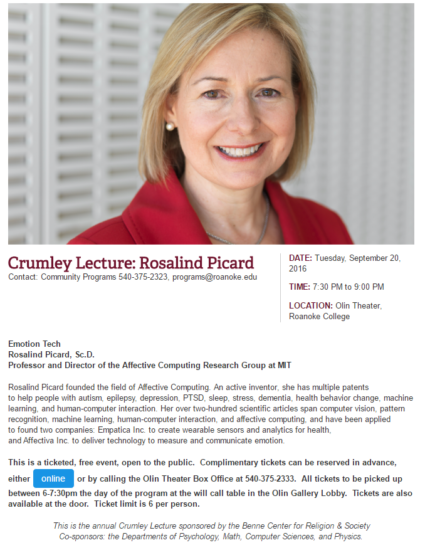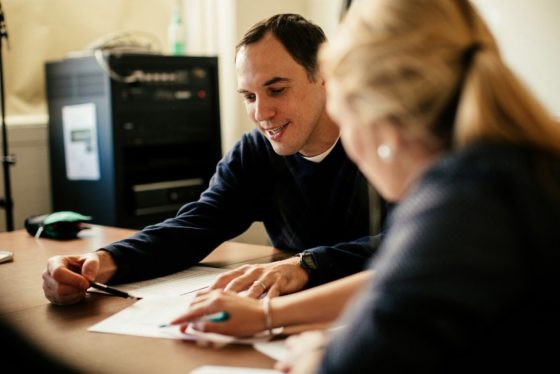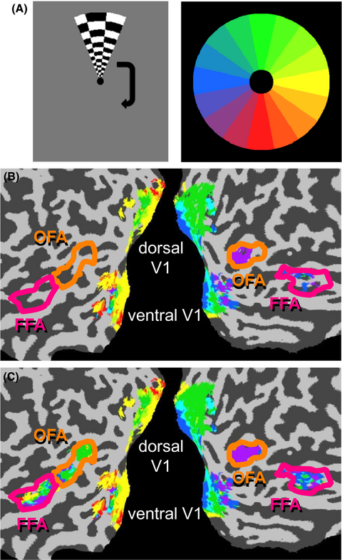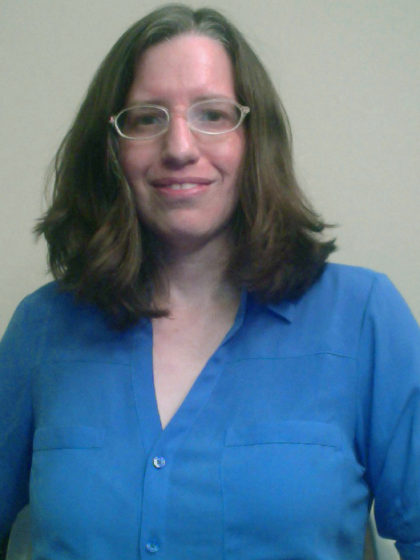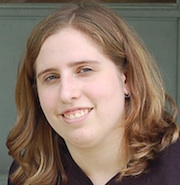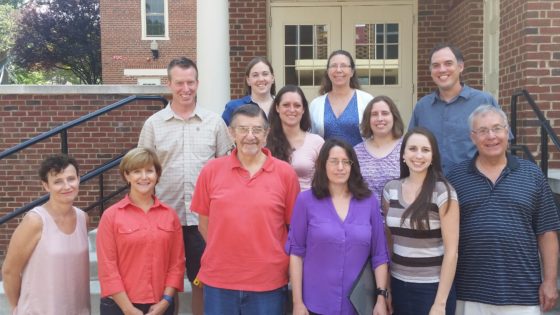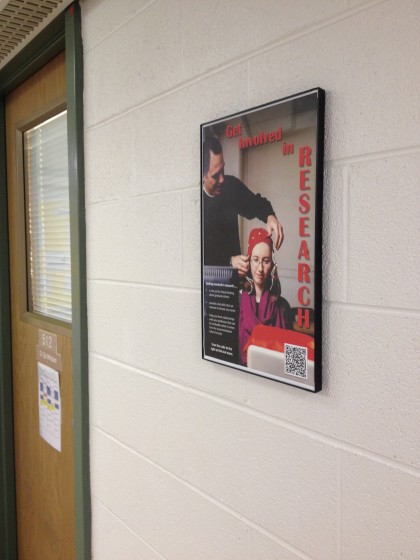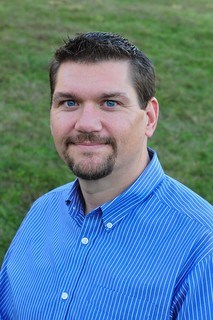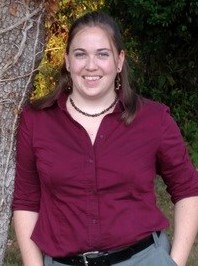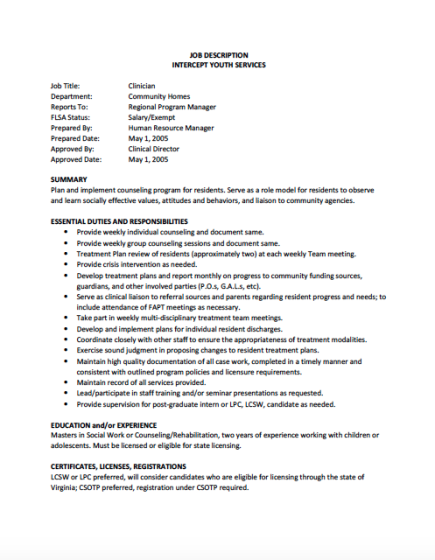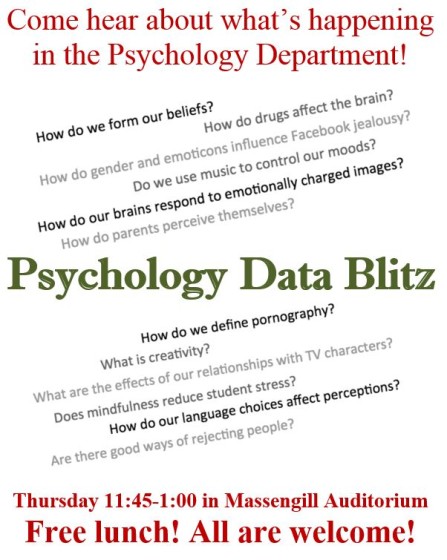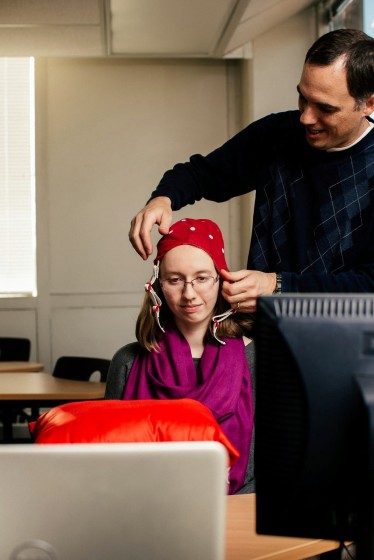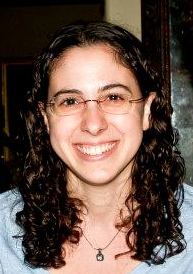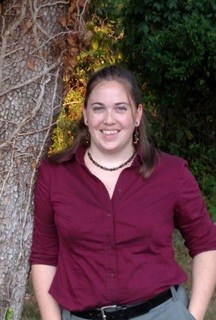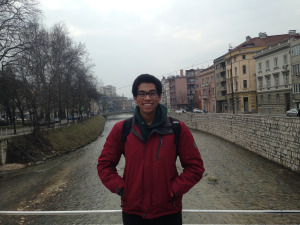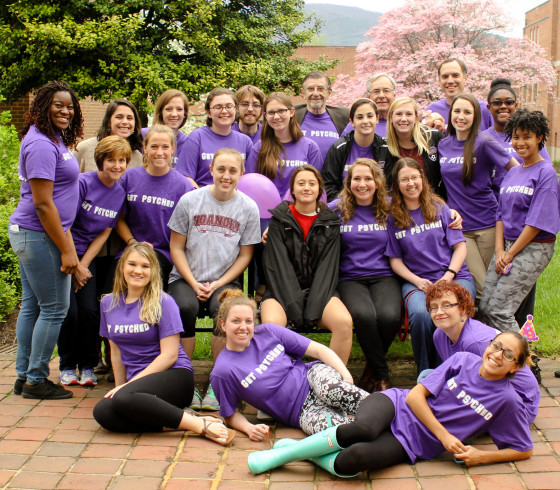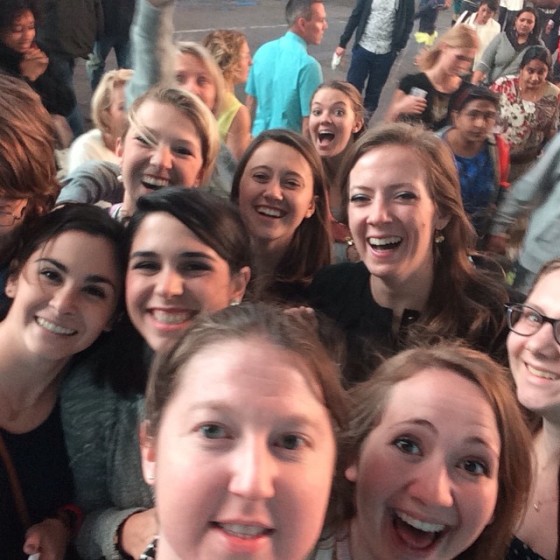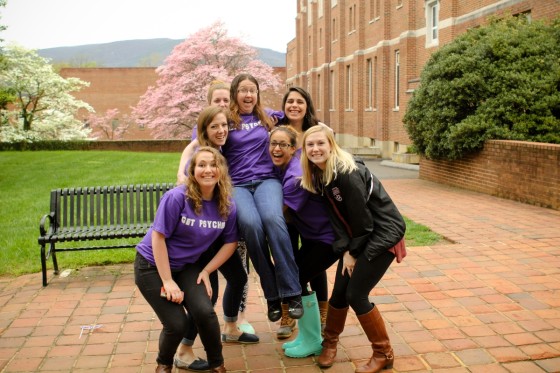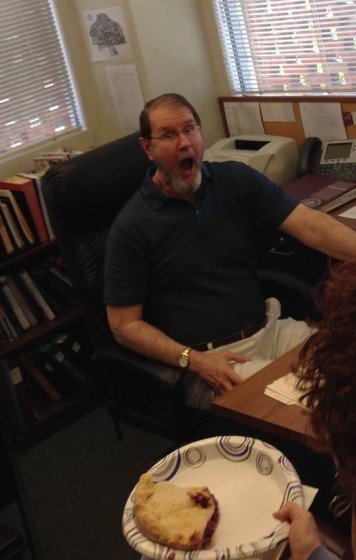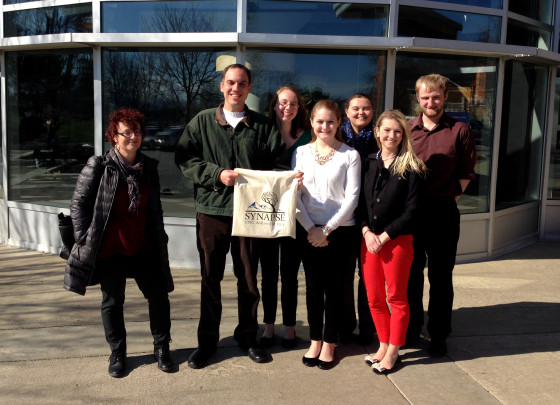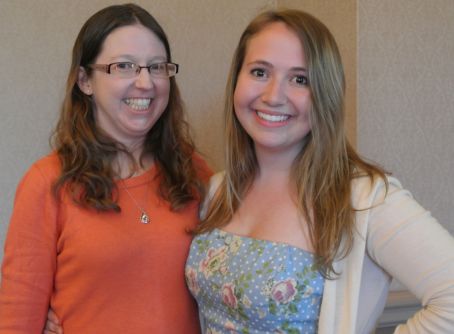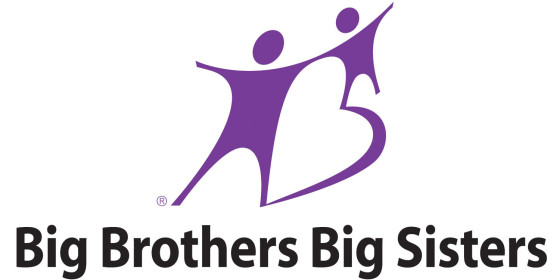
Dr. Dane Hilton was asked by a student assistant to discuss mindfulness meditation, specifically about what mindfulness is and the many misconceptions regarding it. Thank you, Dr. Hilton, for taking time to write this post. Enjoy!
___________________________________________________________________________
Mindfulness meditation is a topic that has exploded into the popular culture in the past 10-15 years. In 2018 alone, dozens of books have been published with Mindfulness as the main subject, with titles including Mindful Me: Mindfulness and Meditation for Kids by Whitney Stewart, Falling Awake: How to Practice Mindfulness in Everyday Life by Jon Kabat-Zinn, and the cutely illustrated A Sloth’s Guide to Mindfulness by Ton Mak. A quick search of Google Scholar for the term “mindfulness meditation” included in anything published in 2018 gets you 129,000 hits. I will admit I did not filter through all of those results to verify but the point is this: mindfulness is getting a lot of attention.
As a researcher of mindfulness meditation, I am glad that this topic is getting its time in the limelight. Mindfulness has the potential to improve the lives of humans in a variety of ways, though the questions of how, in what ways, for whom, and under what circumstances are still up for debate and empirical examination. While I am happy on one hand, on the other hand I do worry about issues that arise with the rapid increase in interest surrounding mindfulness. As we all know, popular things are marketable things. They generate buzz, get people to click on your article or blog post (like this one!), and make publishers excited when you come to them with a “cutting edge” book that claims to cure all that ails you. When demand increases, everyone is more than happy to contribute to the supply. Unfortunately, that increased quantity doesn’t equal quality. Quite frankly- you may not even get what you think you are getting…So I want to briefly talk about what mindfulness is, clarify what it is not, and present some literature supporting why I still believe you should care.
Let me be clear: mindfulness meditation is not new. It is not “cutting edge.” It is not a product of new technology or “third-wave” psychology or even a better understanding of human nature. Mindfulness is actually quite old. The mindfulness that most folks think of today is actually rooted in thousands of years of history in Eastern religions, including Judaism, Hinduism, and Buddhism. The practice itself is not new. What is new is the recognition by researchers in health and medicine that meditation can have profound physical and psychological effects on the body. I will mention some of these toward the end of this post. Regrettably, the influx of passengers on the mindfulness bandwagon- that, I must admit, includes me- has sometimes led to a watering down, or even total misrepresentation, of mindfulness.
So what is mindfulness? Mindfulness, simply put, is an open and nonjudgmental stance toward one’s present moment experiences. In other words, mindfulness is an approach to existence marked by awareness and acceptance of the full spectrum of human experience- including all the things we think of as positive (e.g., joy, surprise, laughter, love), negative (e.g., sadness, fear, loss, anger), and anything in between. We can be mindful of physical sensations (e.g., breath, pain, fatigue), thoughts (e.g., “I’m awesome,” “I feel so stupid right now”), emotions (e.g., sadness, happiness, irritation), interactions with others, experiences of the outer world, and even our relationship to ourselves via our inner world. It is an approach to living that allows you to experience fully- embracing, rather than fighting, all the things that come with being human.
So what is mindfulness not? It is not a “tool.” It is not one more technique you pull out of your grab bag of breathing exercises, stress relief tactics, and progressive muscle relaxation scripts to use when life starts getting to you. It is not a shield from the tension and busyness of this thing we call life. Despite the fact that mindfulness is clearly not meant to beat back hectic schedules, difficult relationships, troubling inner thoughts, or anxiety about impending deadlines, much of the information you will find on mindfulness presents as just that- a tool to guard against the horrors of 21st century life. Decreased stress, increased sense of well-being, better clarity of thought, and improved psychological functioning are certainly potential byproducts of regular mindfulness practice but to say that you should engage in mindfulness with those things as the goal is to totally miss the point. All the cool effects of mindfulness that make for attention grabbing headlines are, in fact, just side effects of a more open, aware, and accepting approach to the stuff life slings our way.
Another thing that mindfulness is not is a religion. I think this is an important distinction because in my short time practicing mindfulness and talking with others about it, the issue of whether mindfulness is indicative of a specific religious group or set of beliefs is often a sticking point and potential barrier to individuals looking further into it. While mindfulness meditation certainly does have roots in religion and can even be traced back to specific religious teachings, as I mentioned a few paragraphs back, the basic tenets of mindfulness meditation can fit within any number of worldviews and beliefs. If you believe that life happens now- not 5 seconds ago or 5 seconds from now- then mindfulness might just be for you.
So now that we have a brief outline for what mindfulness is and what it is not, we still have the question of why you should care. The first reason I will suggest is simply an opinion- and probably a philosophical one at that. Life is happening now. Life is happening in this present moment and once that moment passes, it is gone for good. A mindful stance to life helps us to experience these moments more fully- in essence, living more fully. Maybe it’s just me but I don’t want my life to pass by not having had the chance to truly live it. The second reason comes from my practical and scientific side- mindfulness appears to be immensely beneficial to those who practice it. As I said earlier- health and wellness are not the explicit goals of mindfulness practice, but it does have some super nice side effects.
Mindfulness practice has been associated with improved cognitive functioning (Zeidan et al., 2010), fewer depression and anxiety symptoms (Chiesa & Serretti, 2011; Hofmann et al., 2010), improved adjustment to major health problems (e.g., cancer diagnosis; Ledesma & Kumano, 2008), less pain and improved functioning in those with chronic pain (Zeidan et al., 2012), greater engagement in positive health behaviors (Jacobs et al., 2016), improved self-regulation and greater resilience in children (Coholic et al., 2012; Semple et al., 2010), and functional brain changes in areas associated with self-regulation/emotion regulation, higher cognitive function, and memory, among other functions (Gotnik et al., 2016; Gartenschläger et al., 2017). This isn’t even close to a comprehensive list but you can check this article for a well-written overview of some of the benefits of mindfulness practice. There is a reason so many people are studying mindfulness and other forms of meditation. It is an exciting time in research as we come to better understand the numerous effects of mindfulness and the mechanisms by which these effects occur.
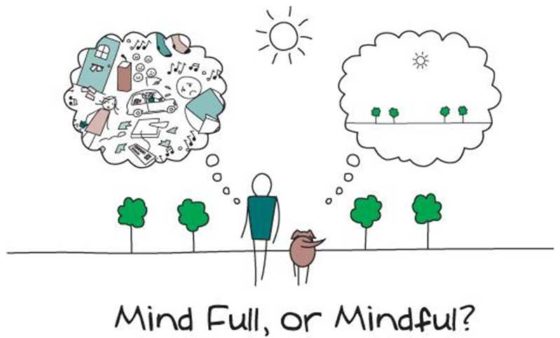
I will end this post with a final thought on our conceptualization of mindfulness. You may have seen a picture depicting a cartoon human whose thought bubble is “mind full” while his cartoon dog’s thought bubble is “mindful.” The dog is supposedly more mindful because his thought bubble reflects the environment he is in- sun, grass, trees- while the human’s mind is filled with busyness- thoughts of other people, cars, music, bills, etc. I get the artist’s intention but I still think this misses the mark. Part of being human is that our minds are often wild and out of control. Even in this state, we can be mindful of our experience. It is when we stop fighting against the experience of the moment that we can start to appreciate living in the moment. This is mindfulness.
.
.
.
Get connected!
Instagram & Twitter: #PsychRC @RC_Psychology
Facebook: https://www.facebook.com/rcpsychology
Blog: https://psych.pages.roanoke.edu/
Linked In: https://www.linkedin.com/groups/RC-Psychology-8140491/about
Website: http://www.roanoke.edu/inside/a-z_index/psychology

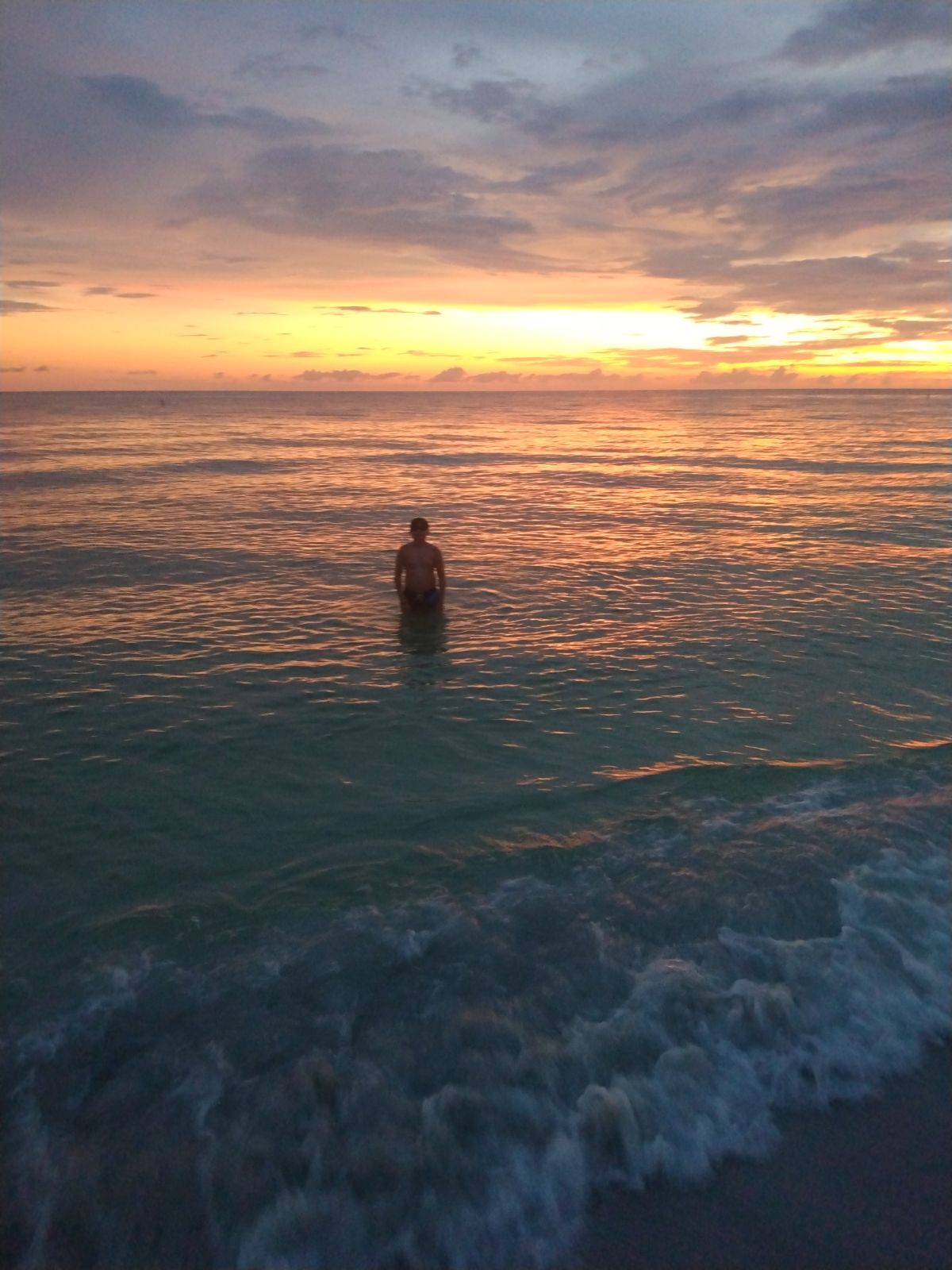
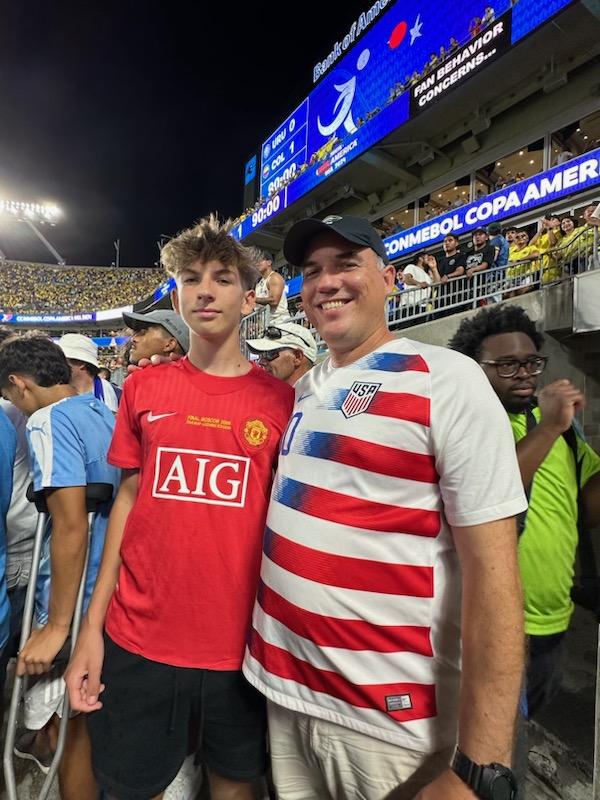

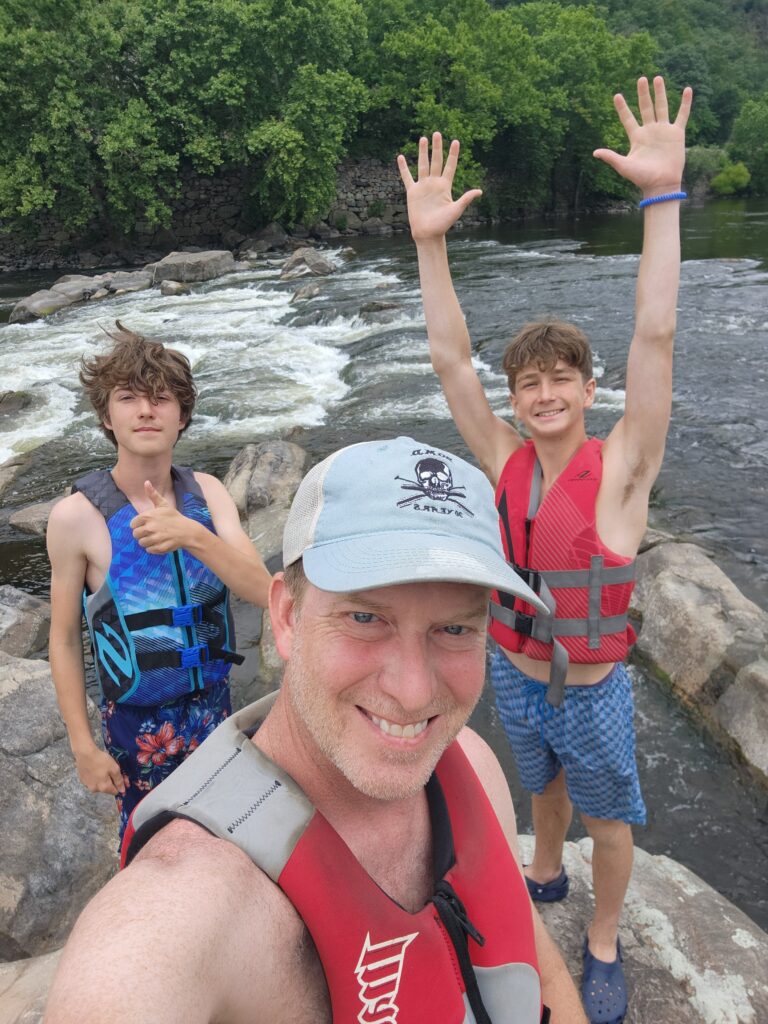
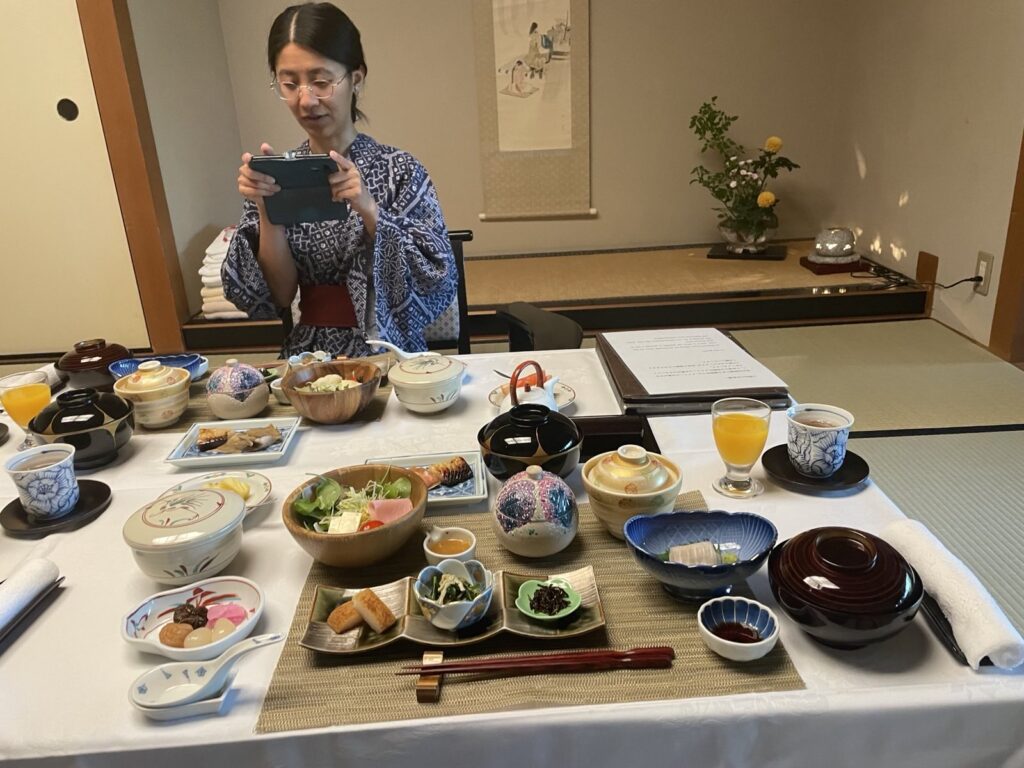
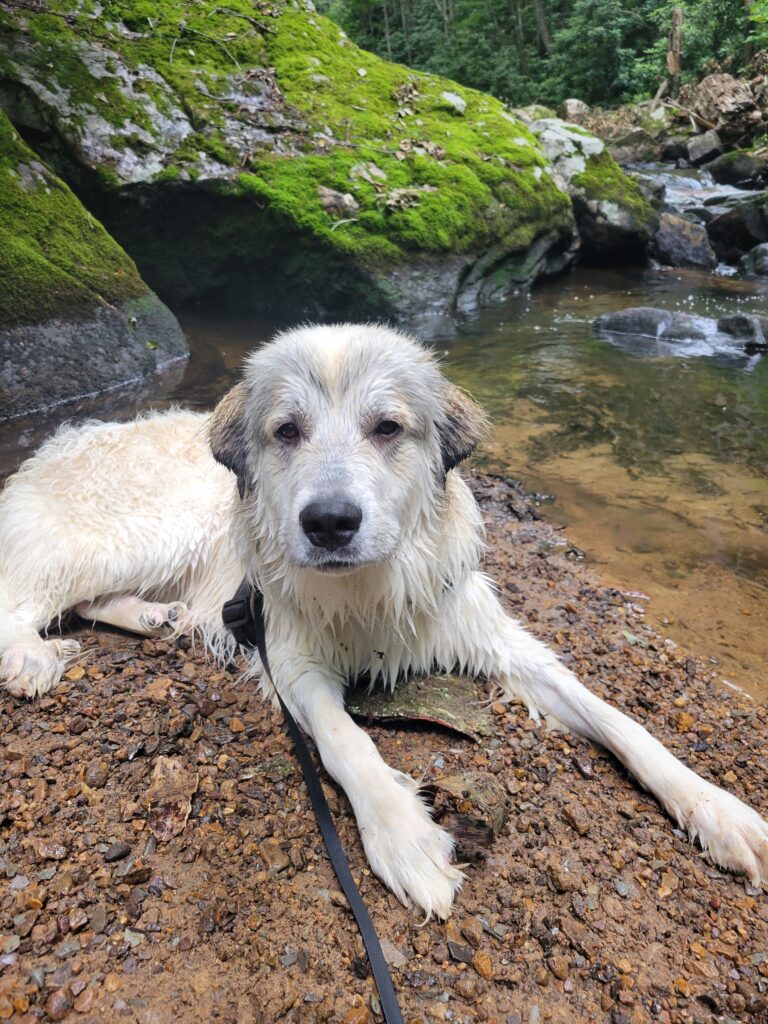
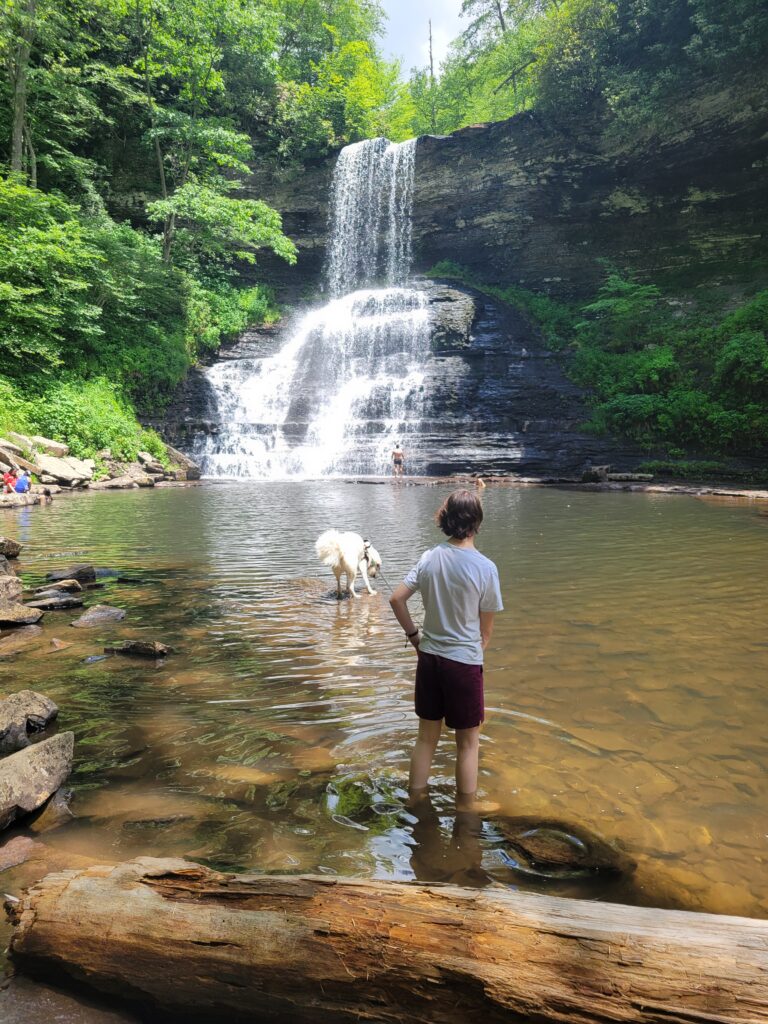

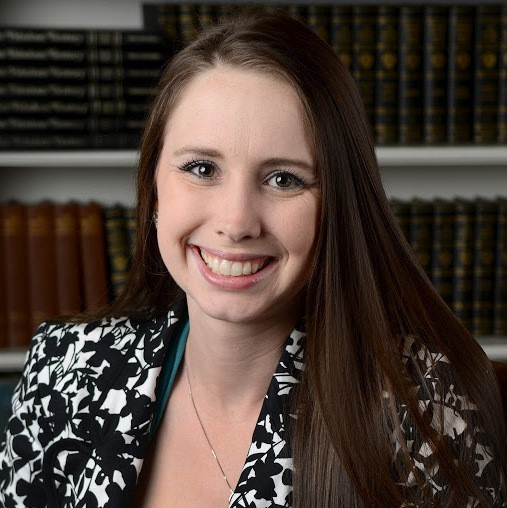
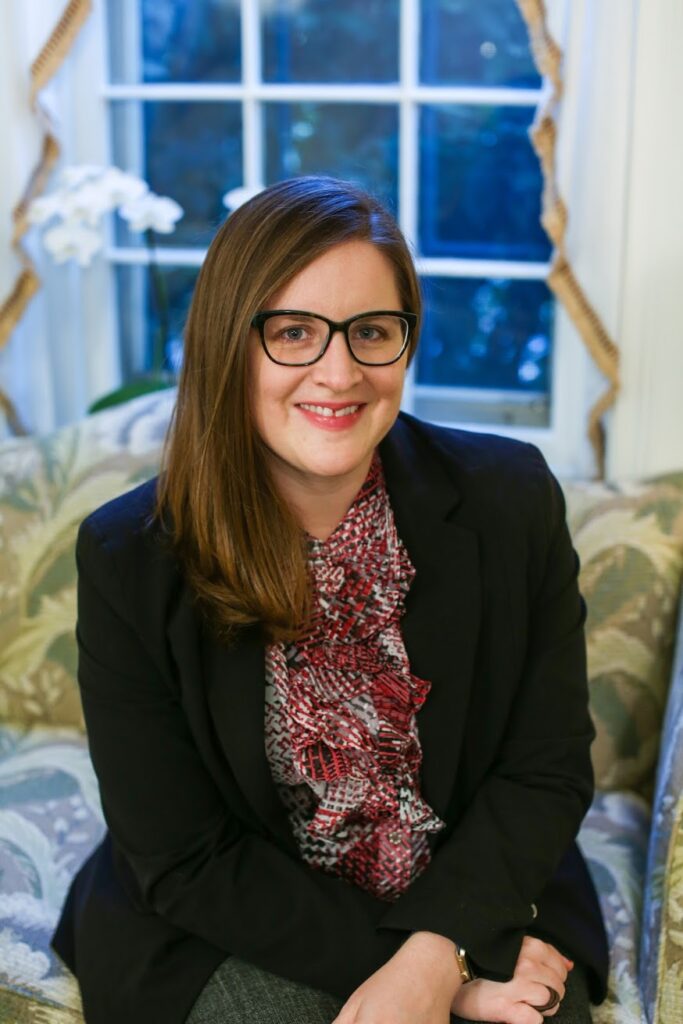

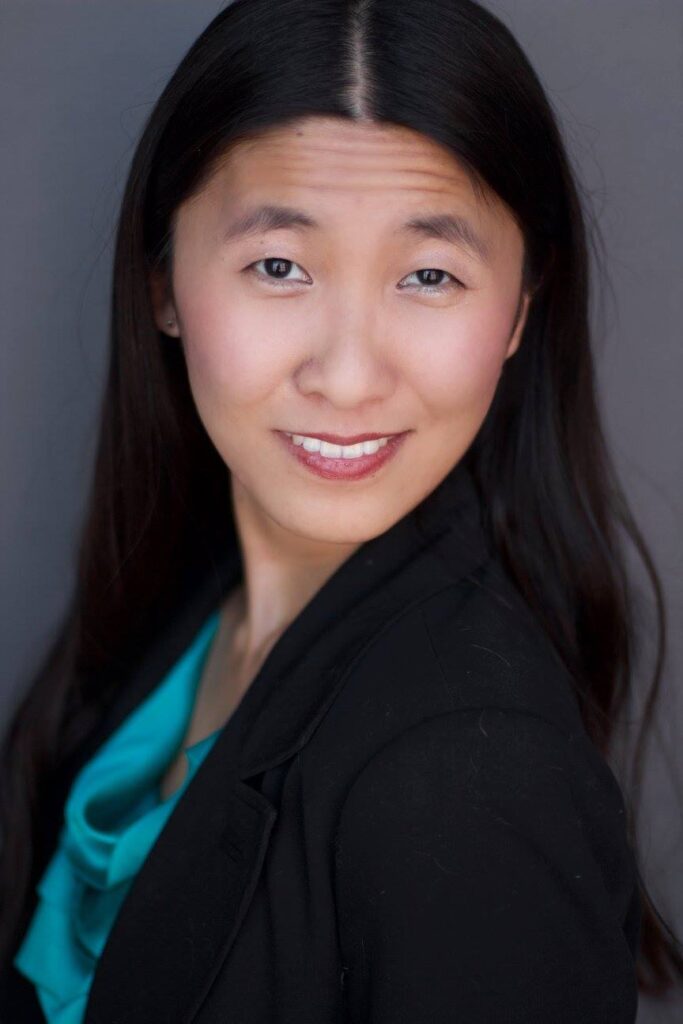
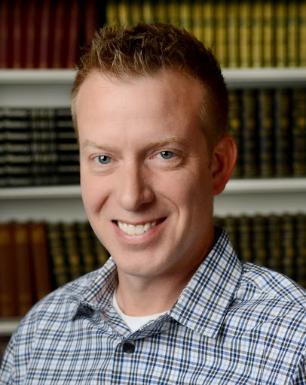
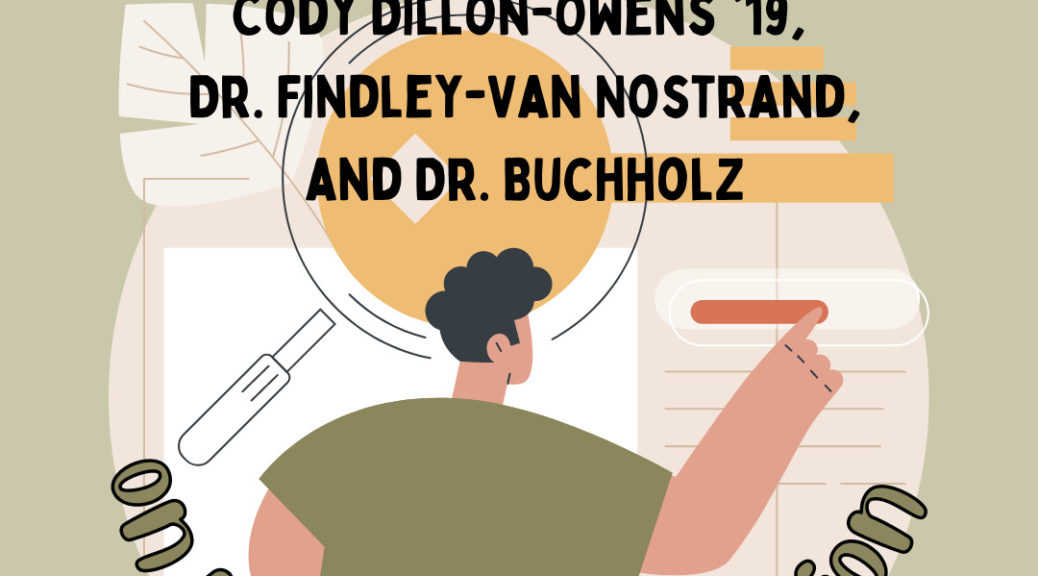
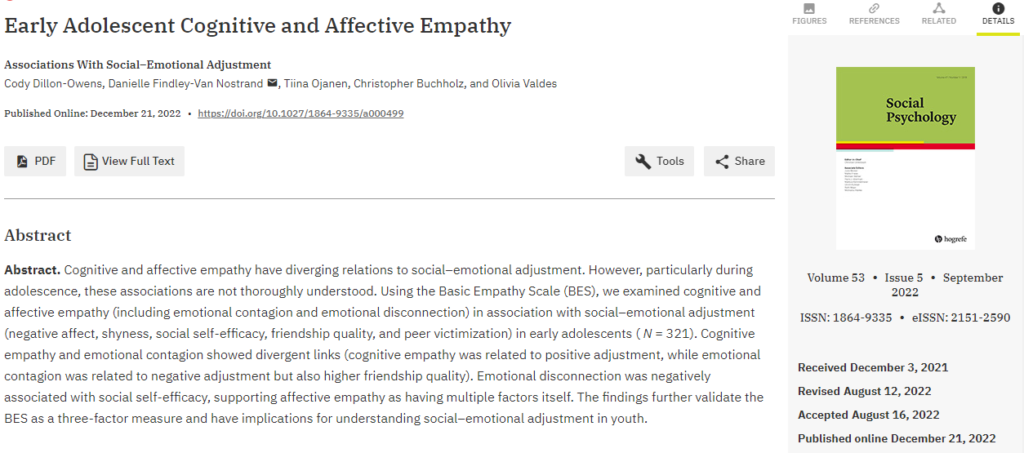

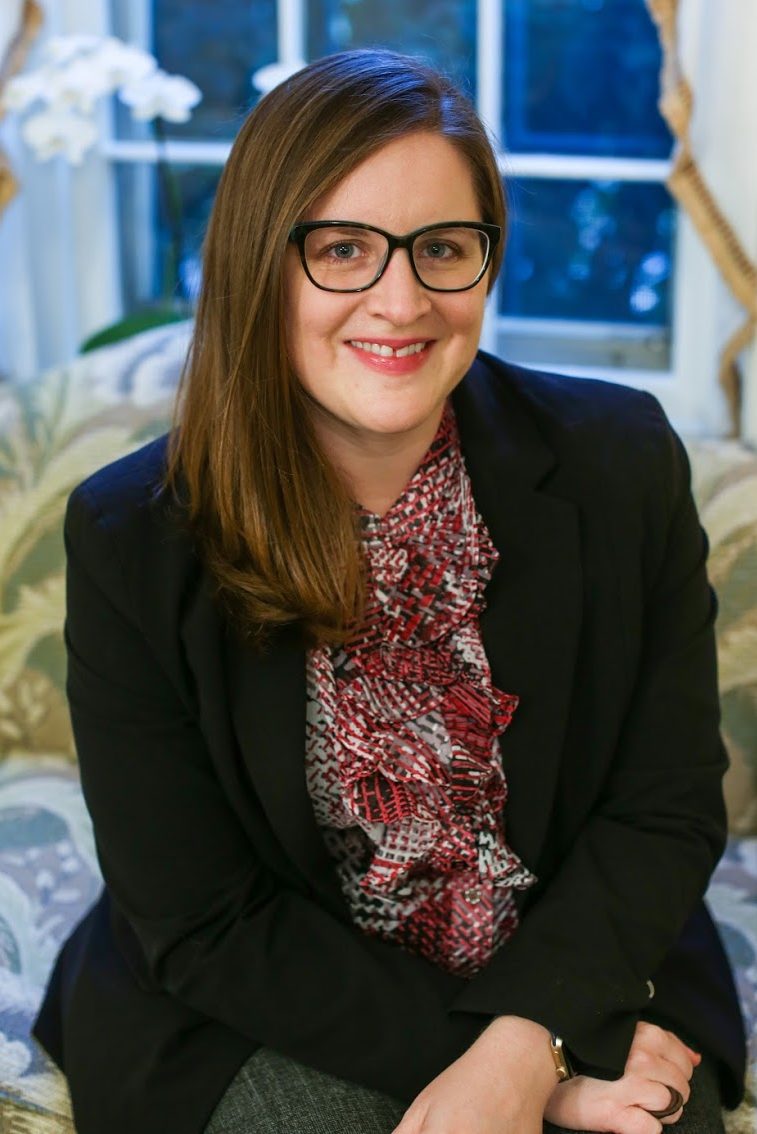
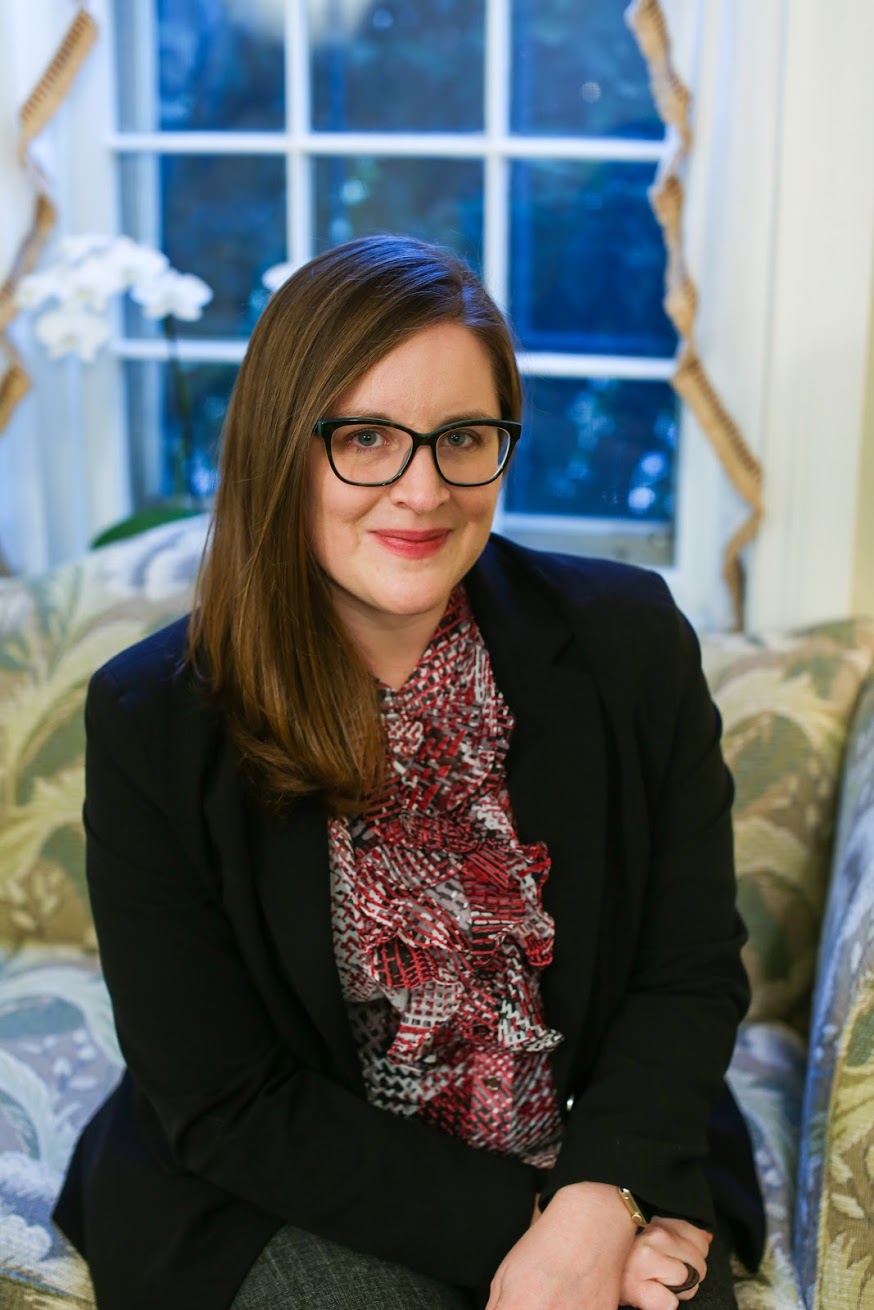

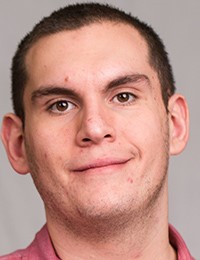
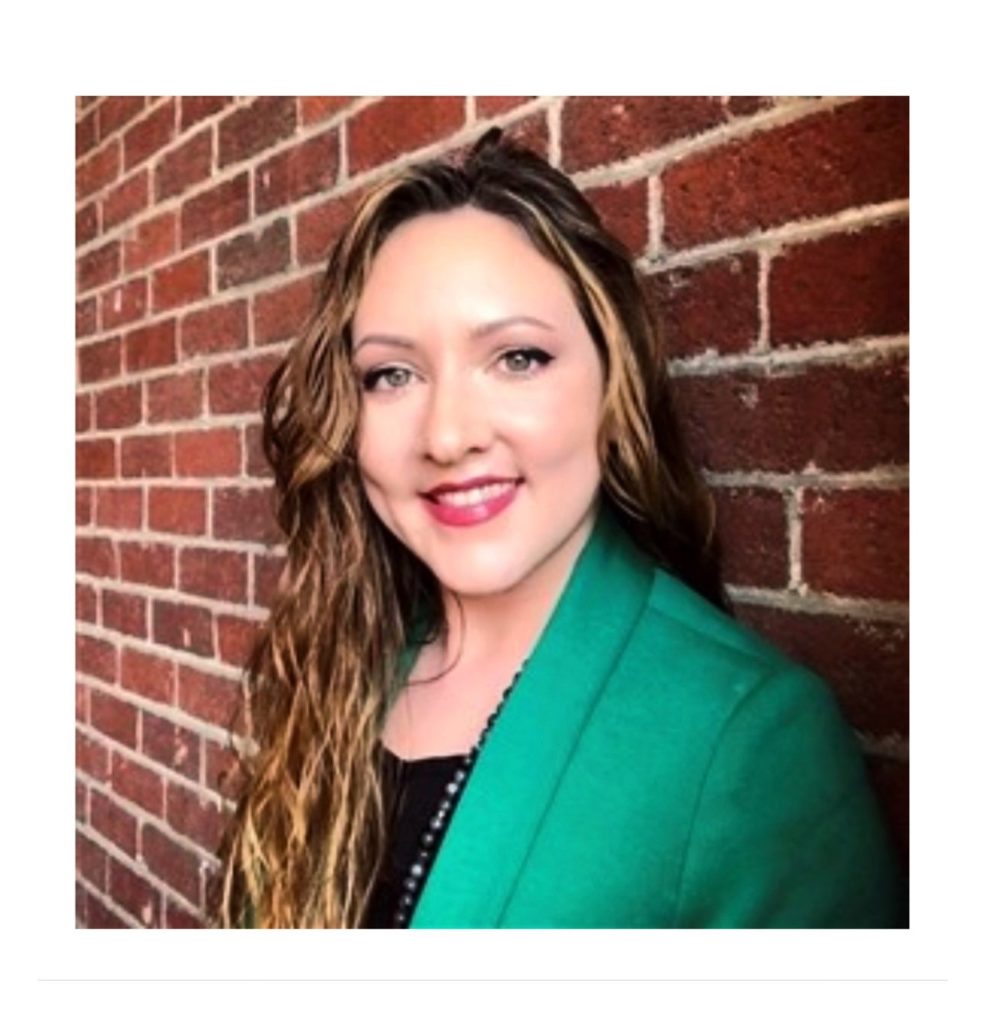
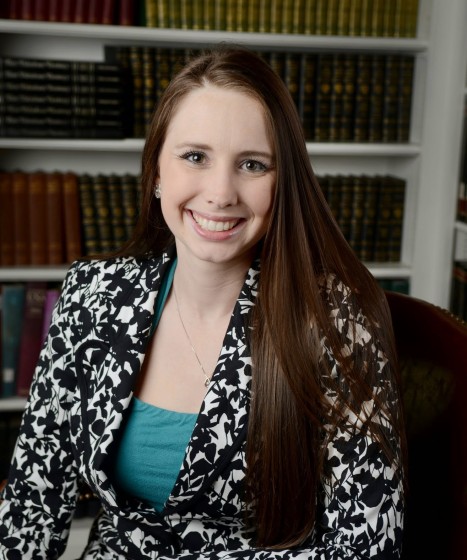
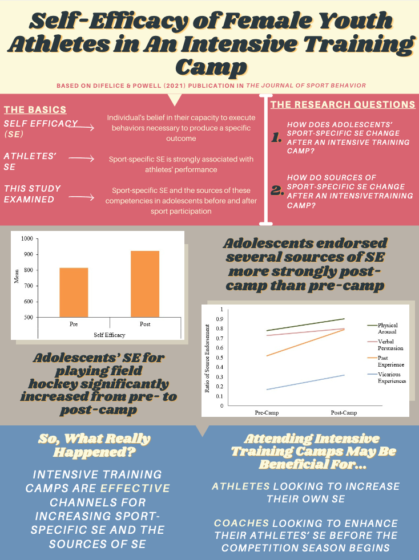
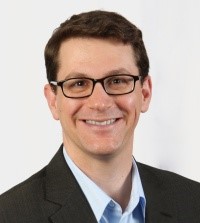

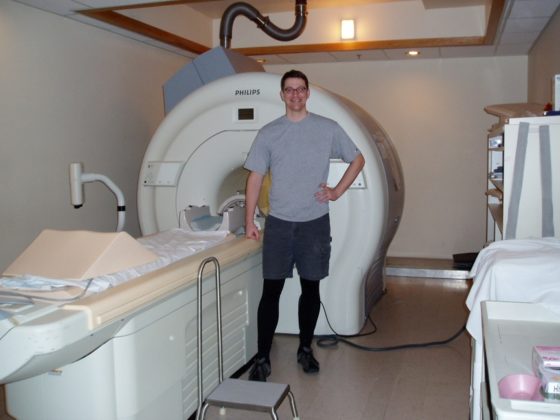
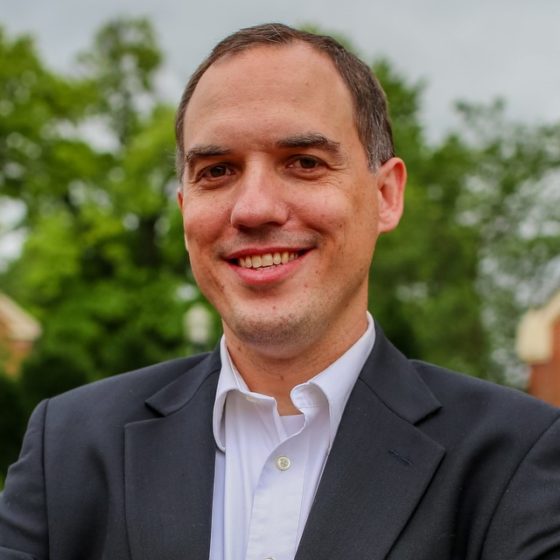


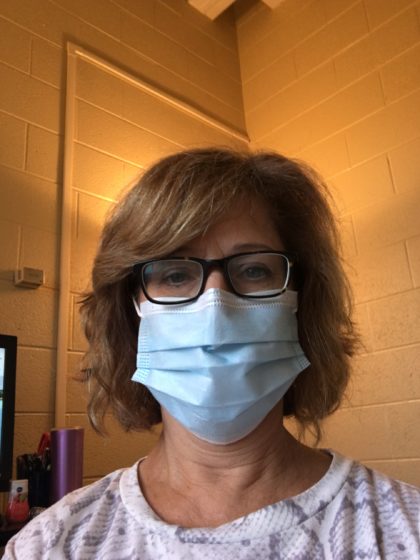
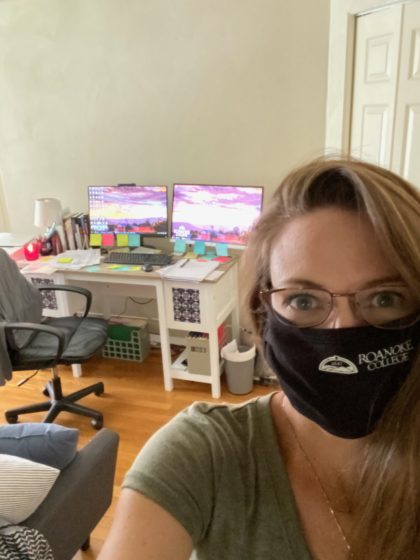
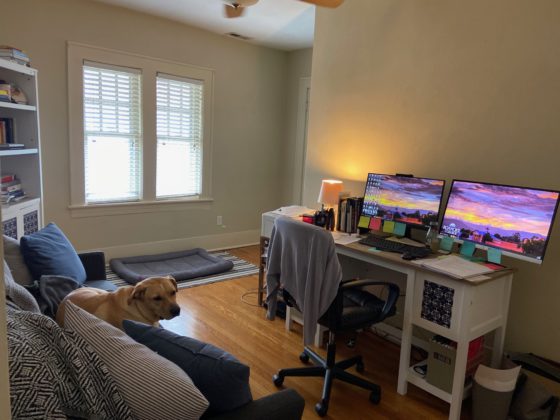
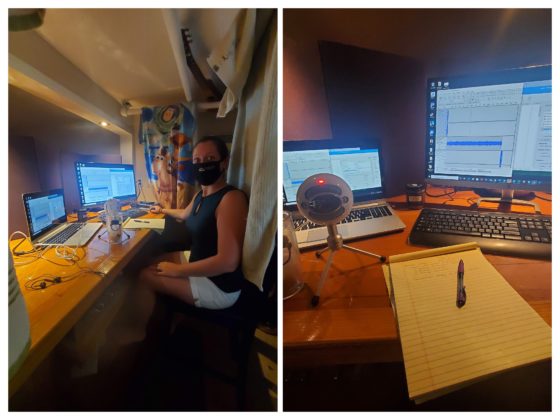
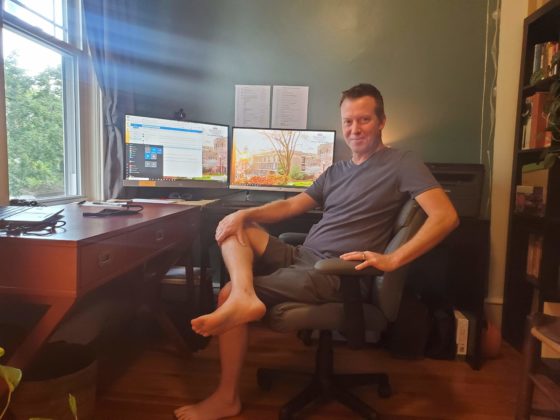
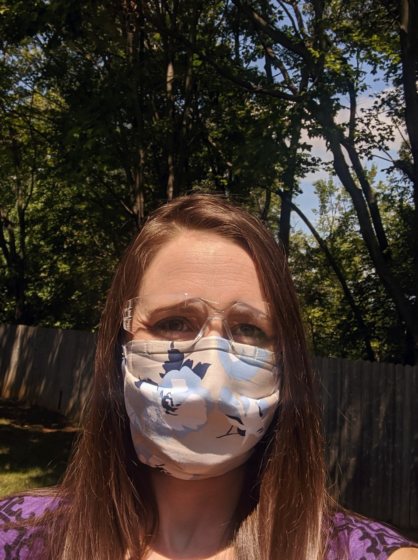
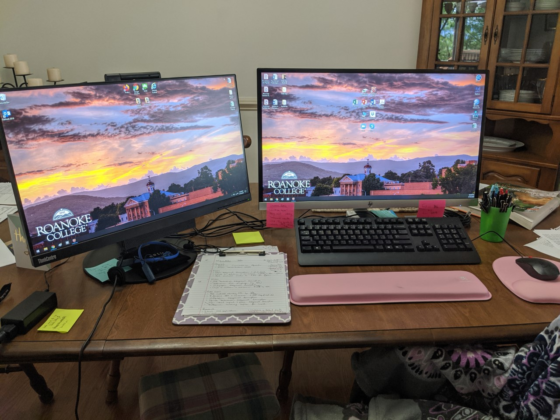
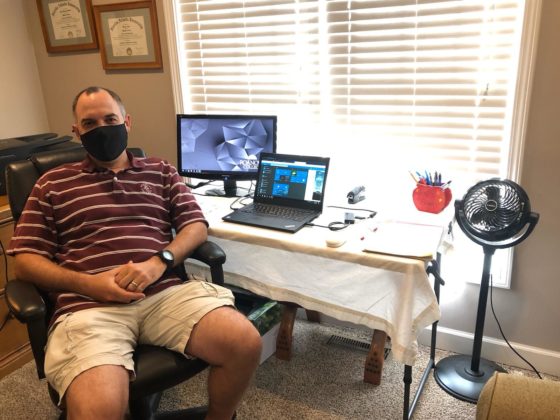
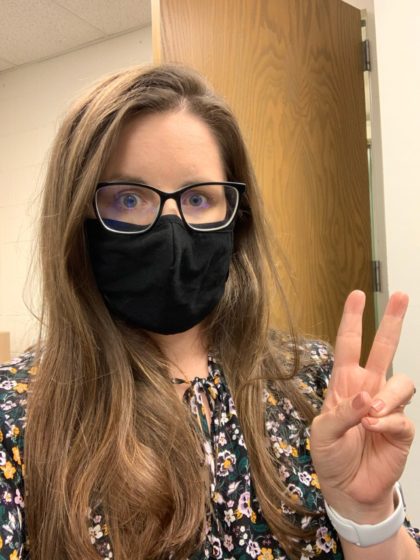
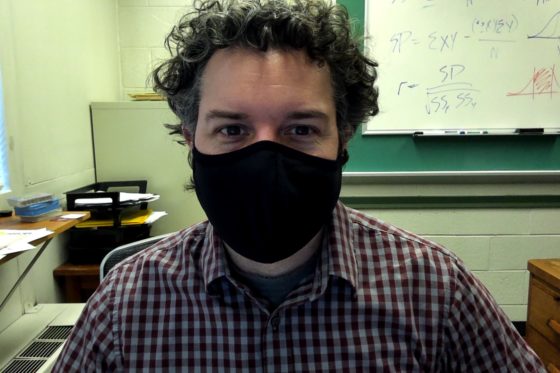
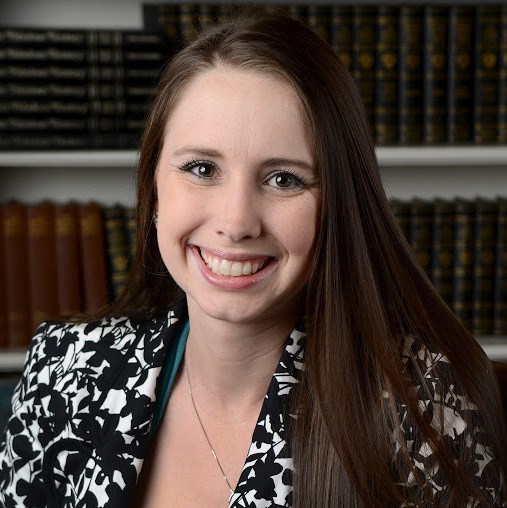 Congratulations to Dr. Powell who was recently awarded the Dean’s Exemplary Teaching Award! Each year, Roanoke College selects one recipient that they feel best showcases the aspects of this award.
Congratulations to Dr. Powell who was recently awarded the Dean’s Exemplary Teaching Award! Each year, Roanoke College selects one recipient that they feel best showcases the aspects of this award.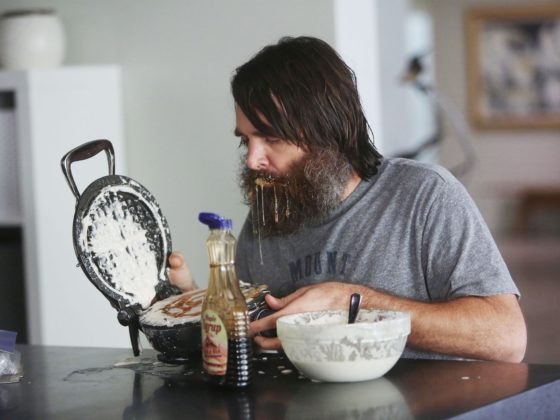
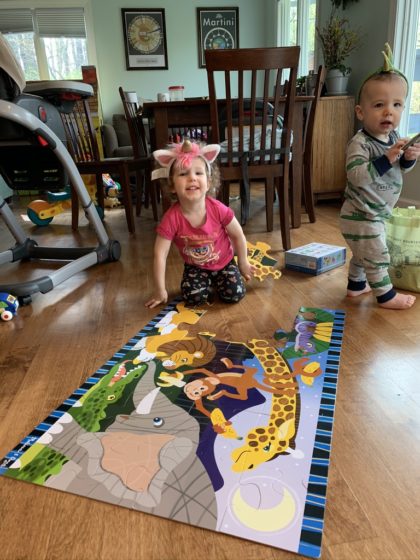
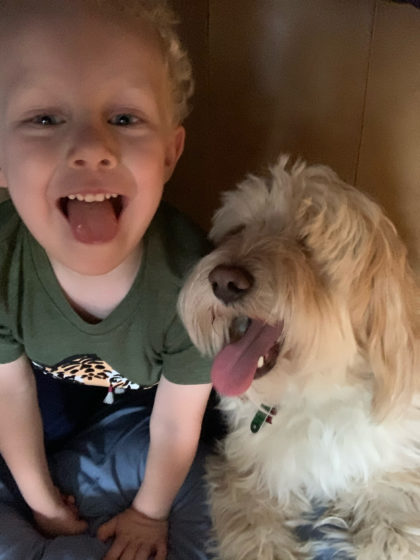
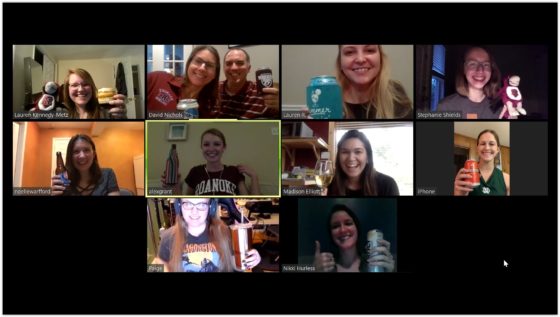

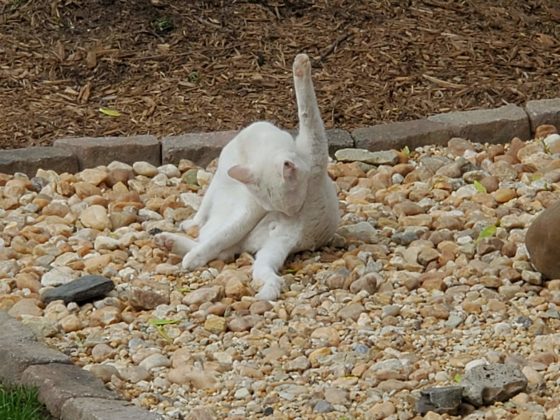

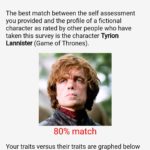



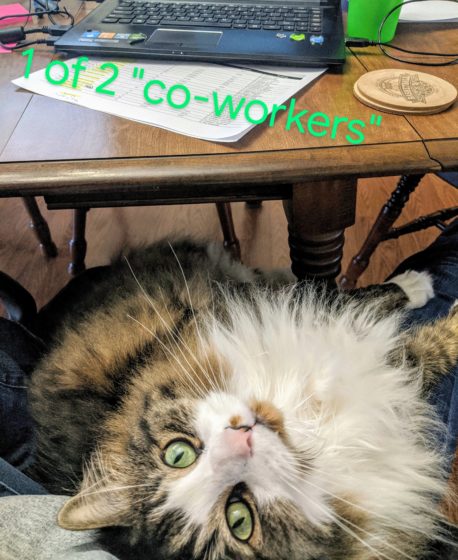
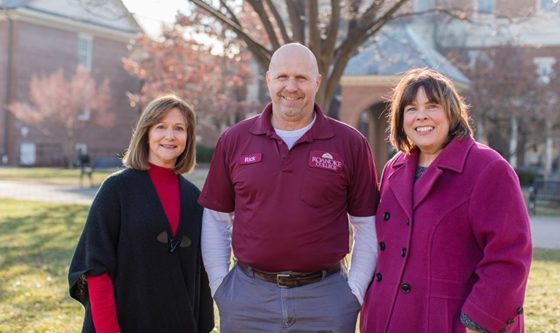
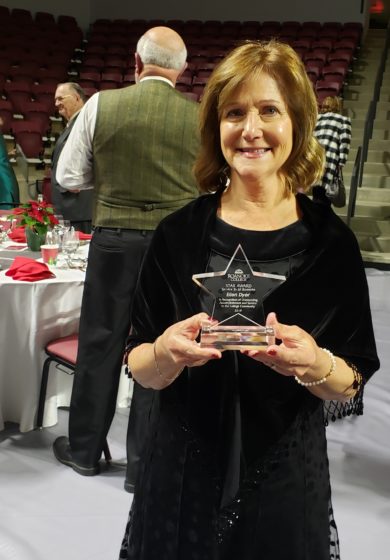

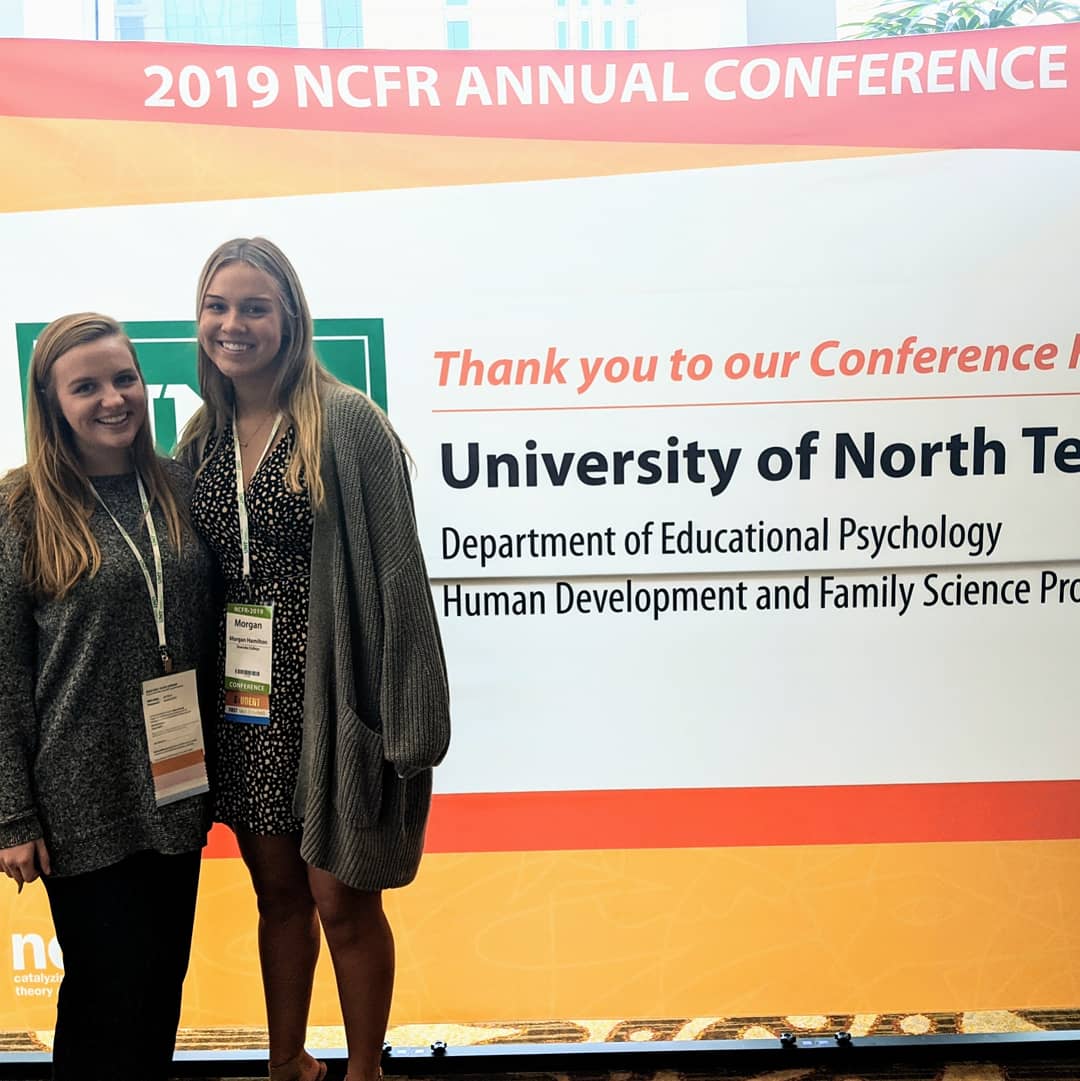
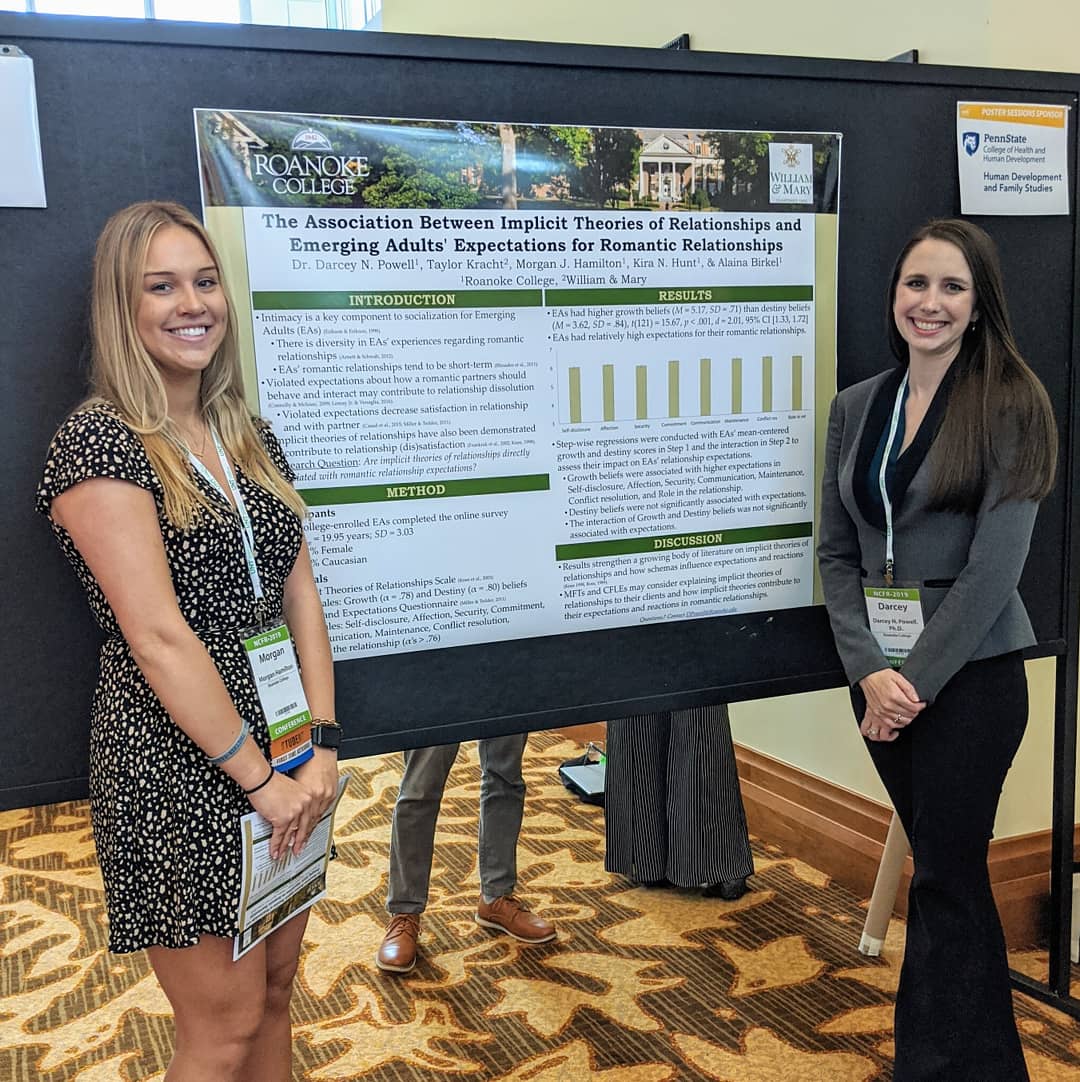

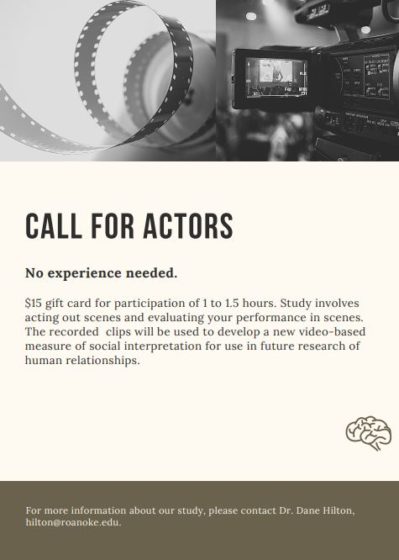

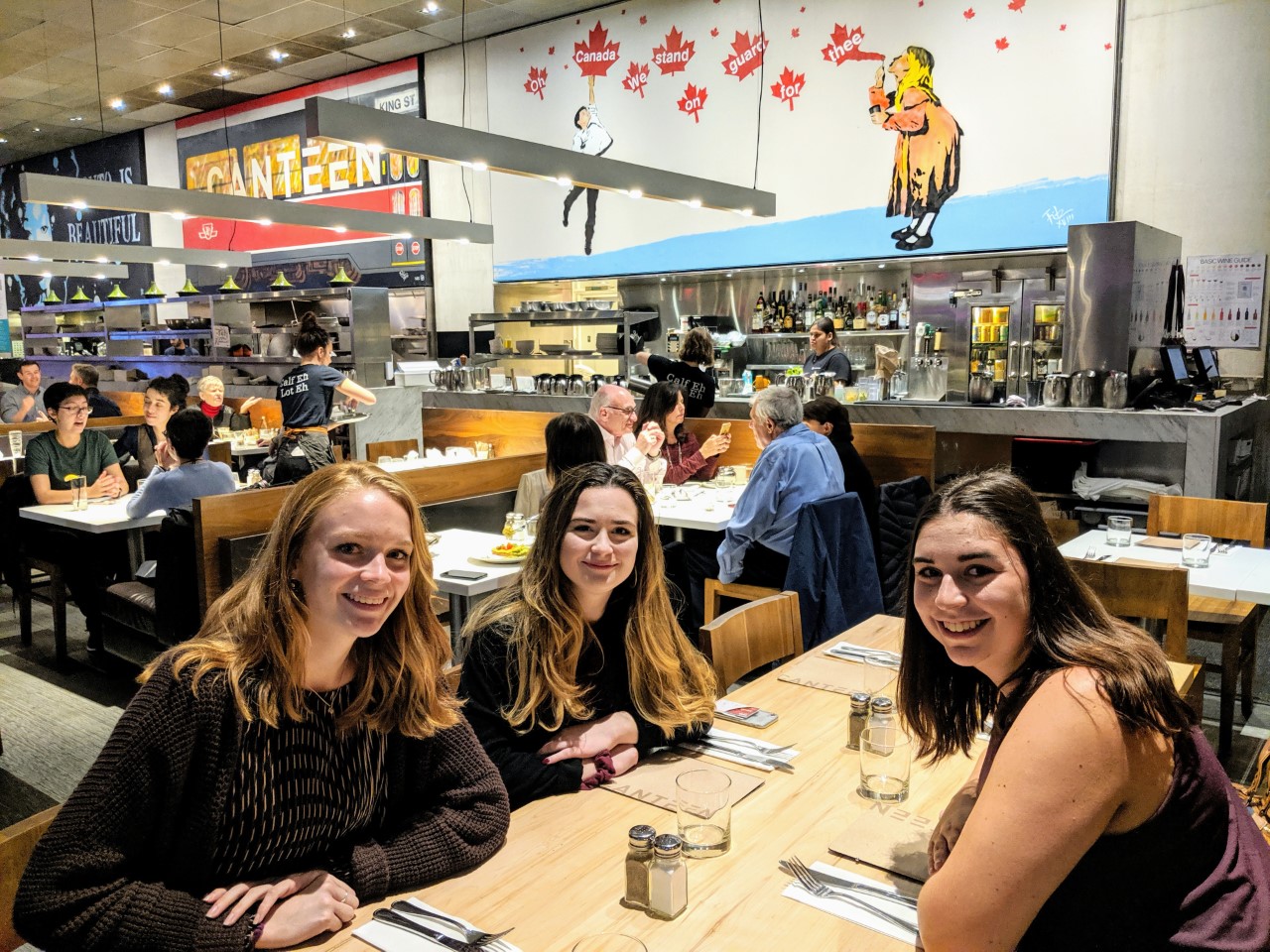
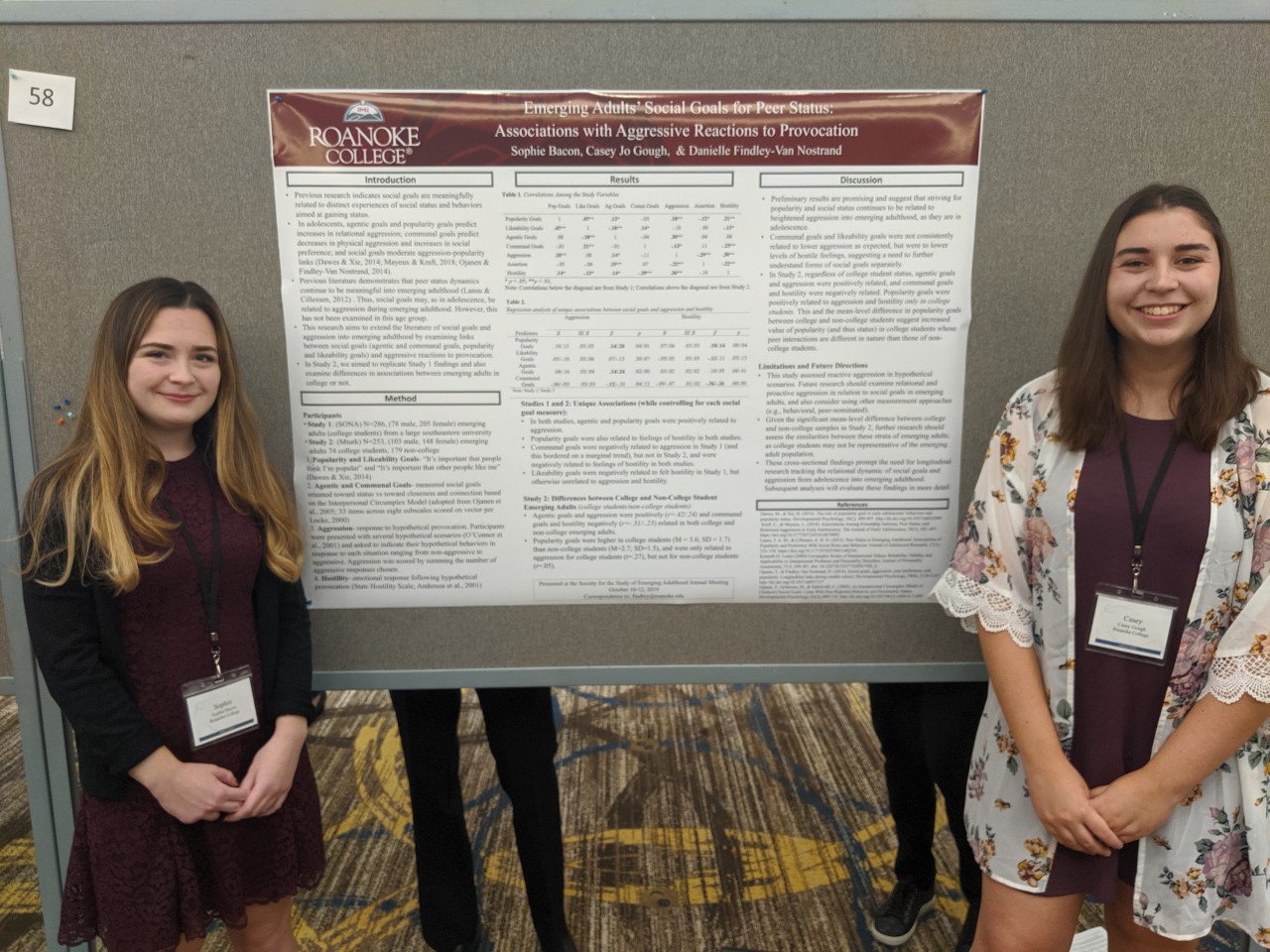
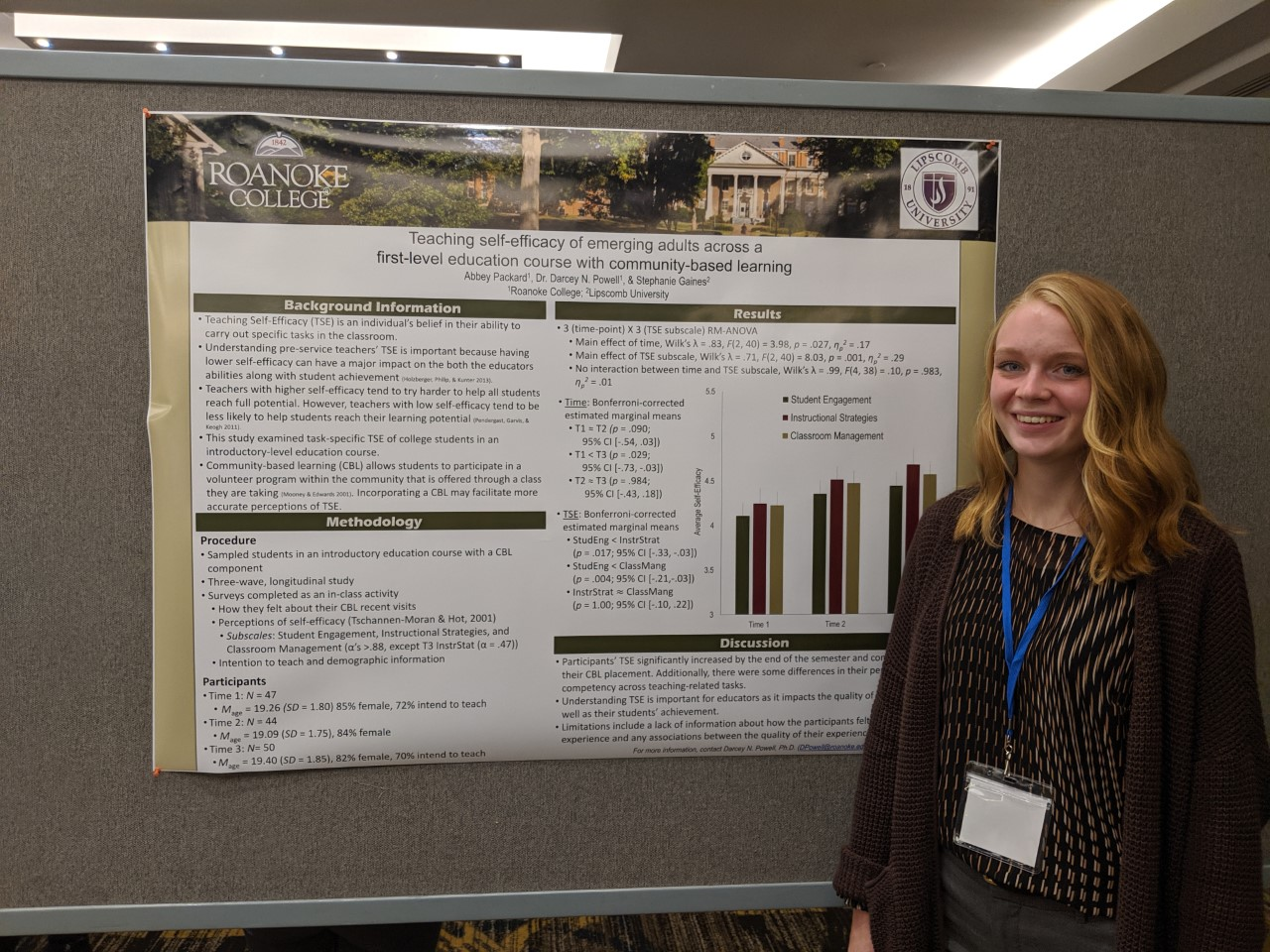
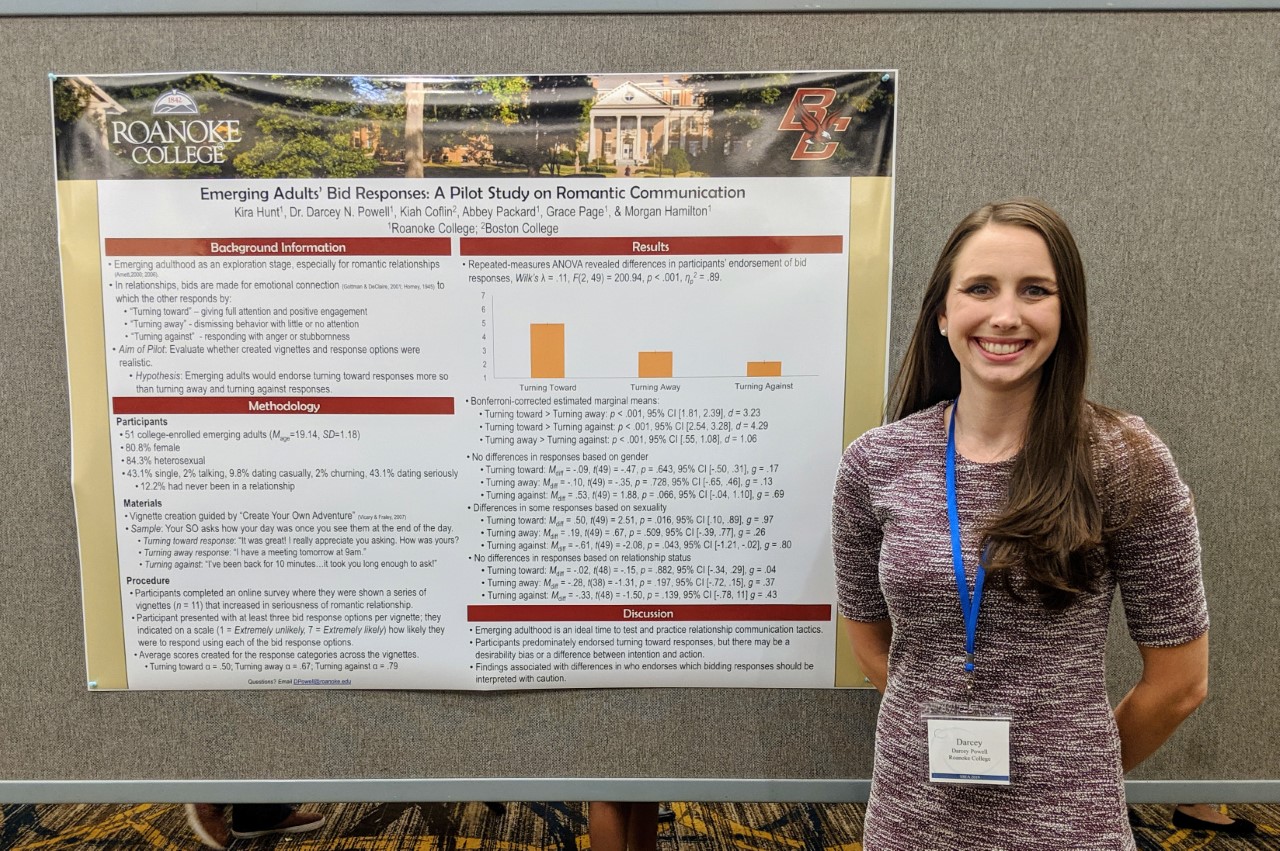
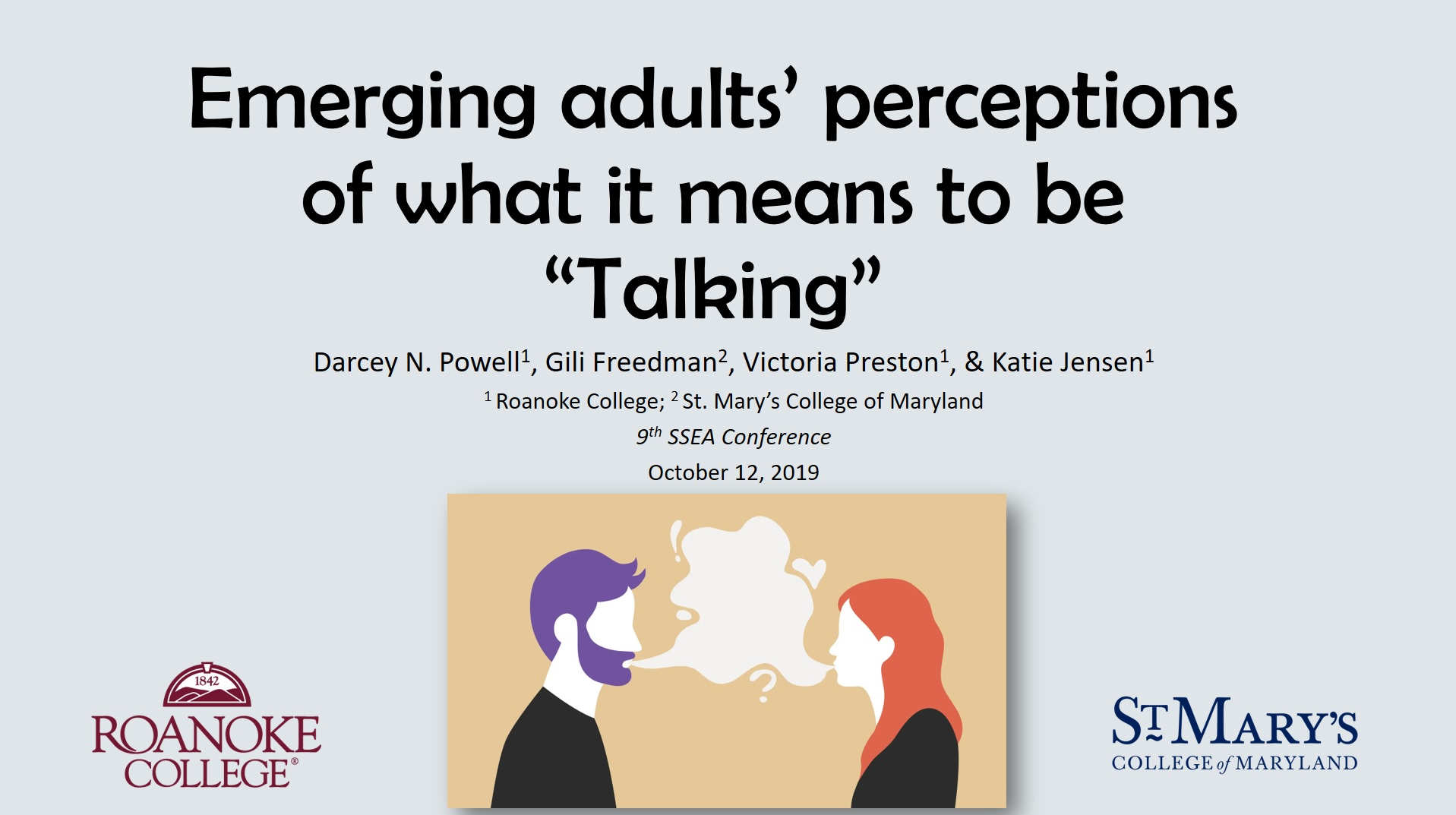
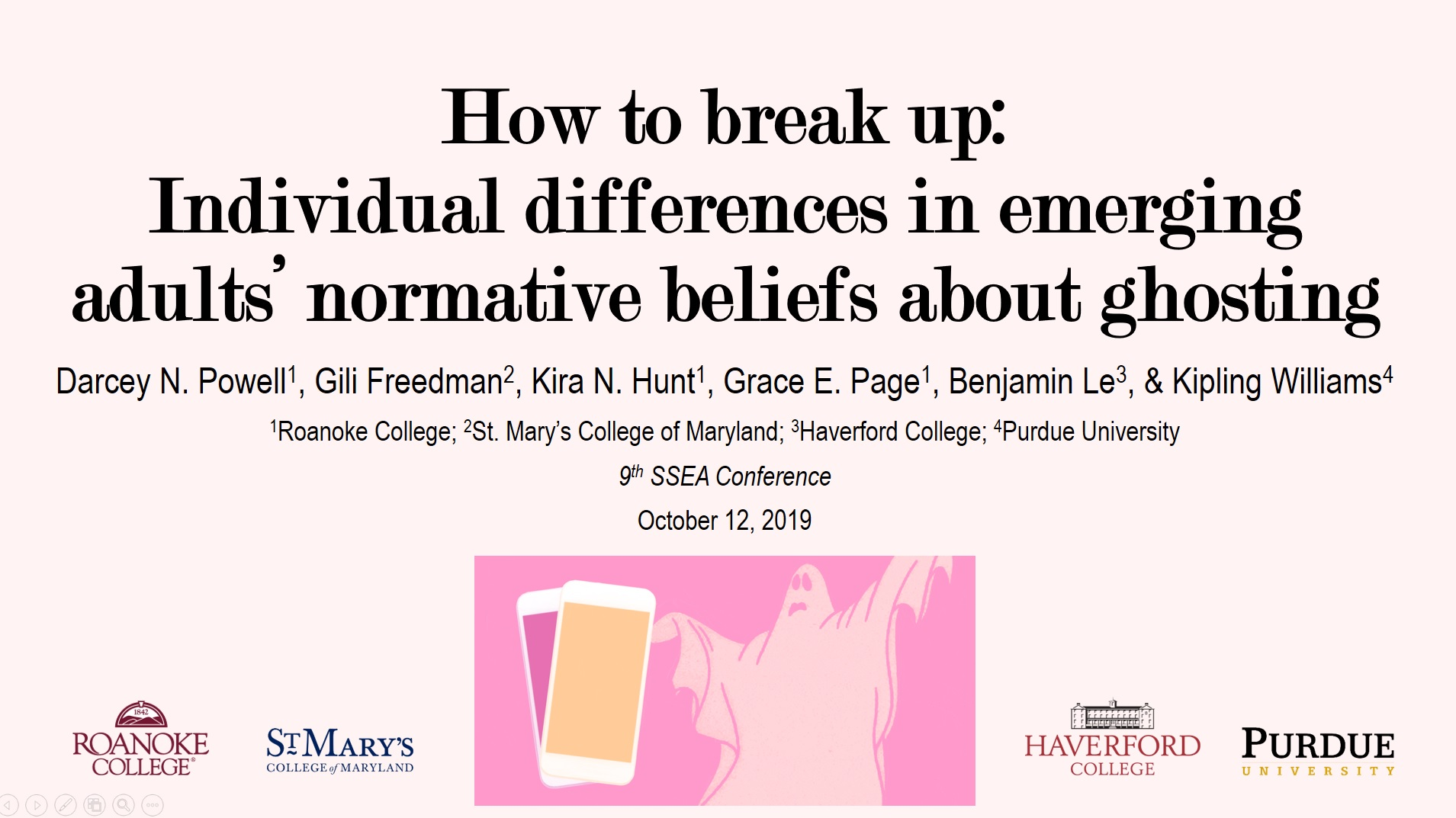

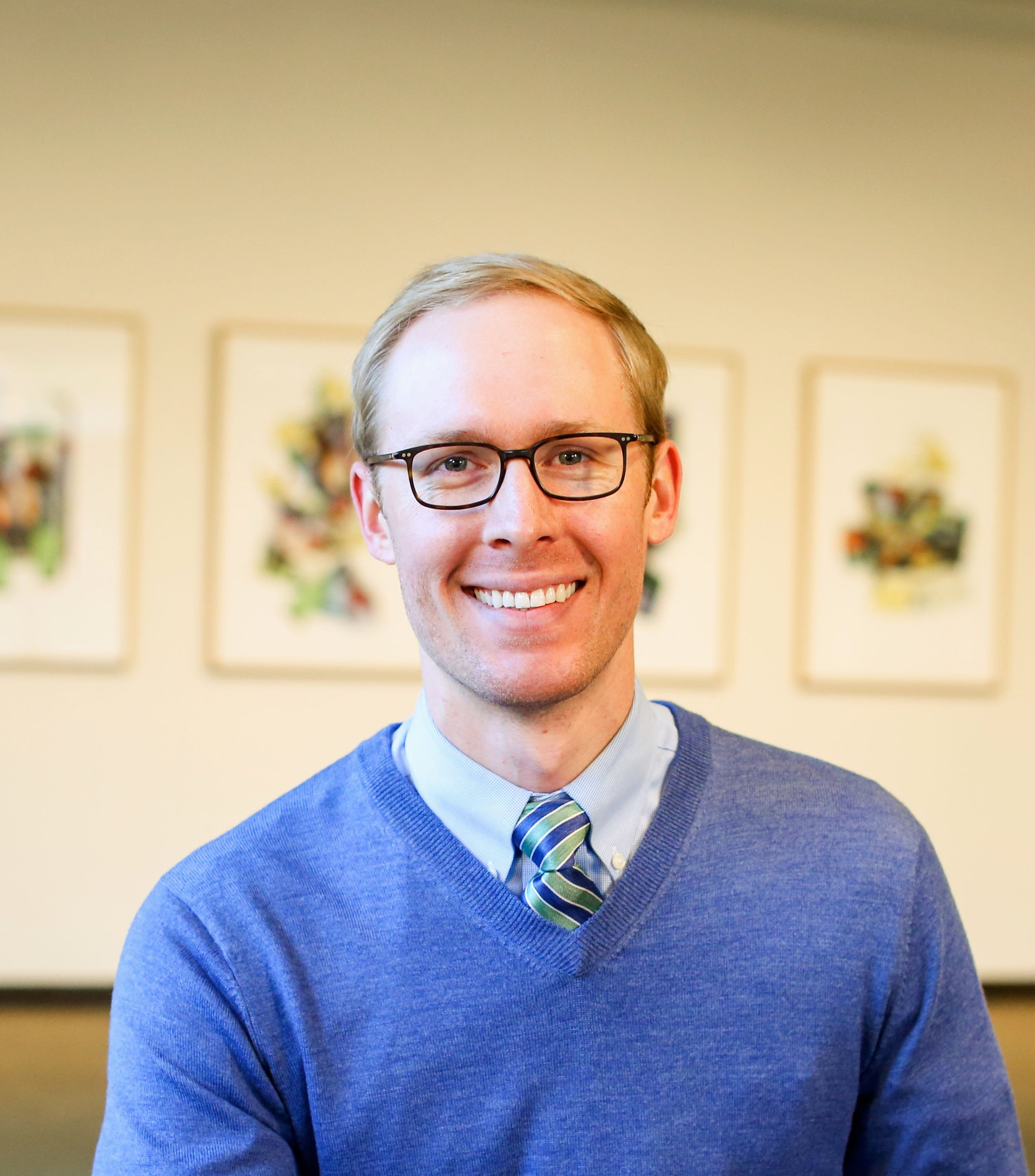
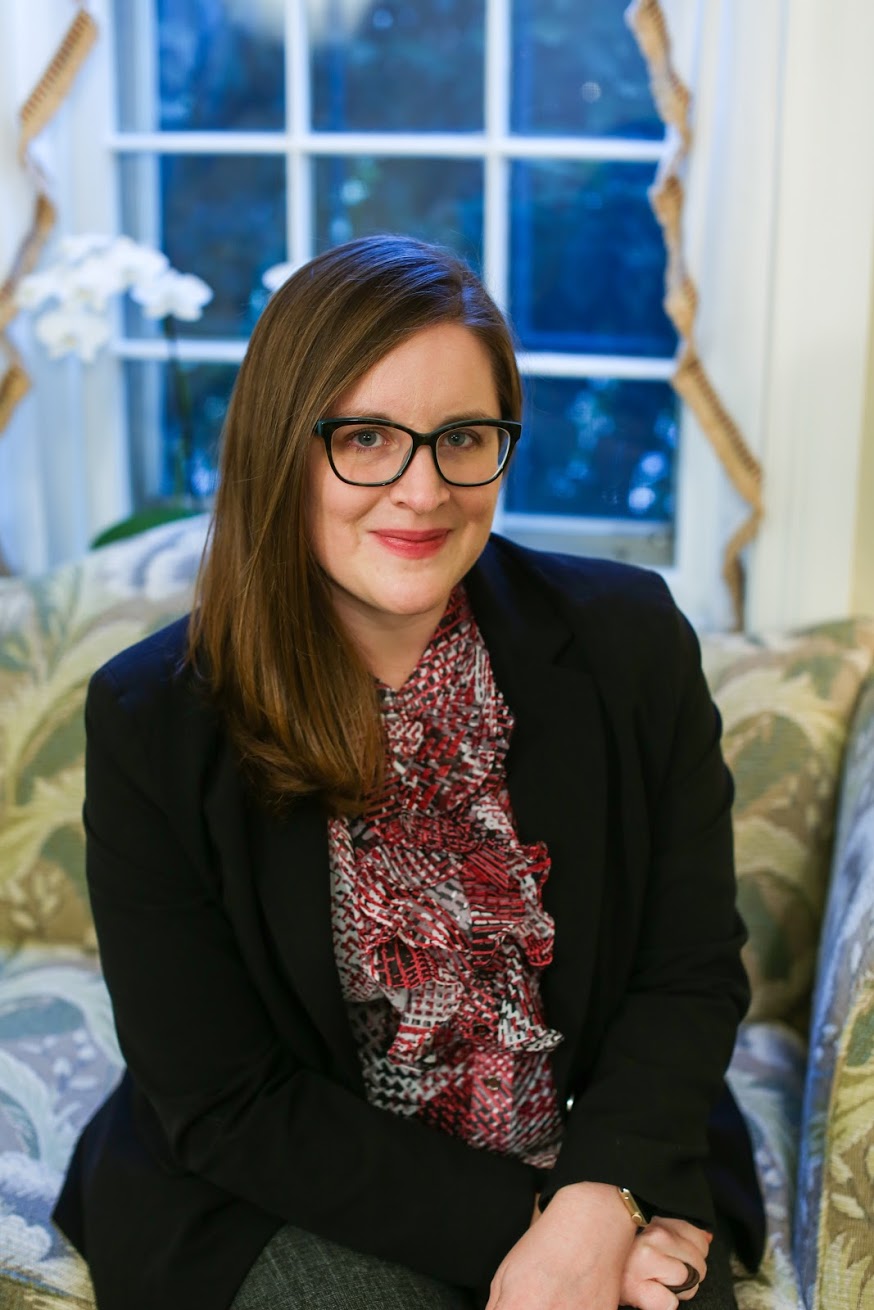 Congratulations to
Congratulations to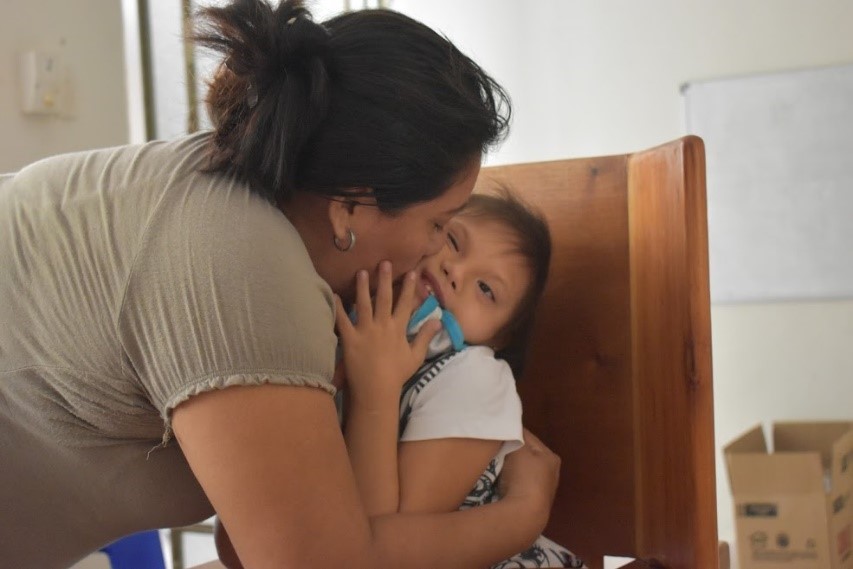
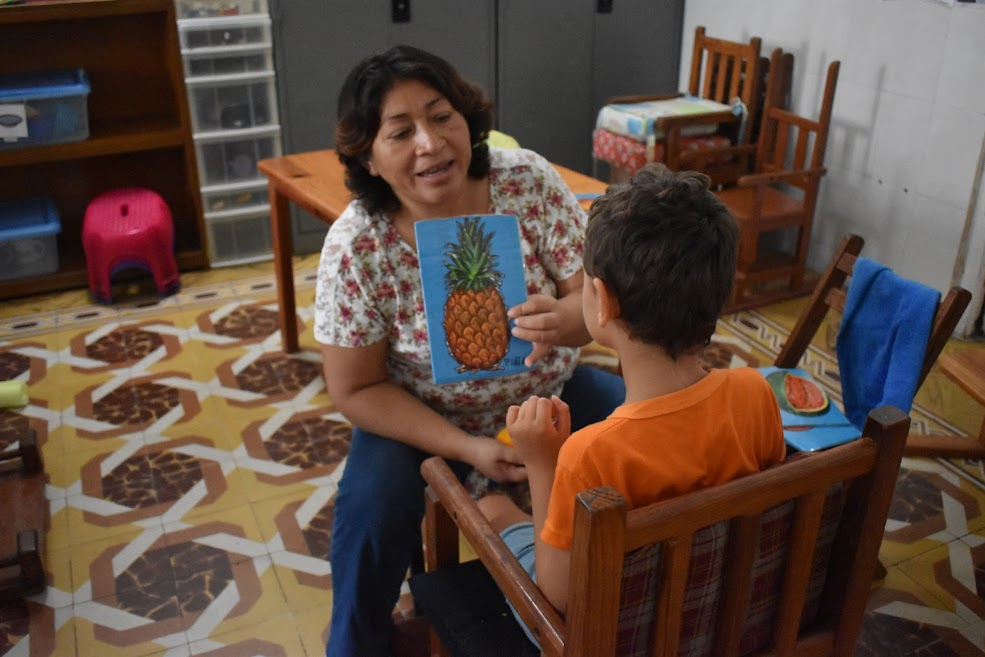
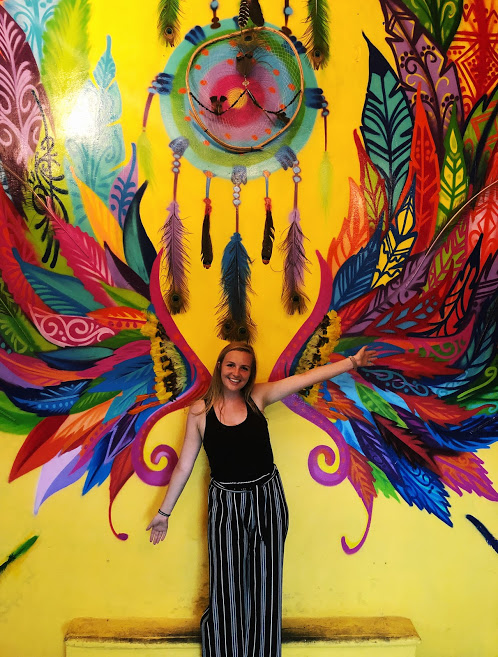
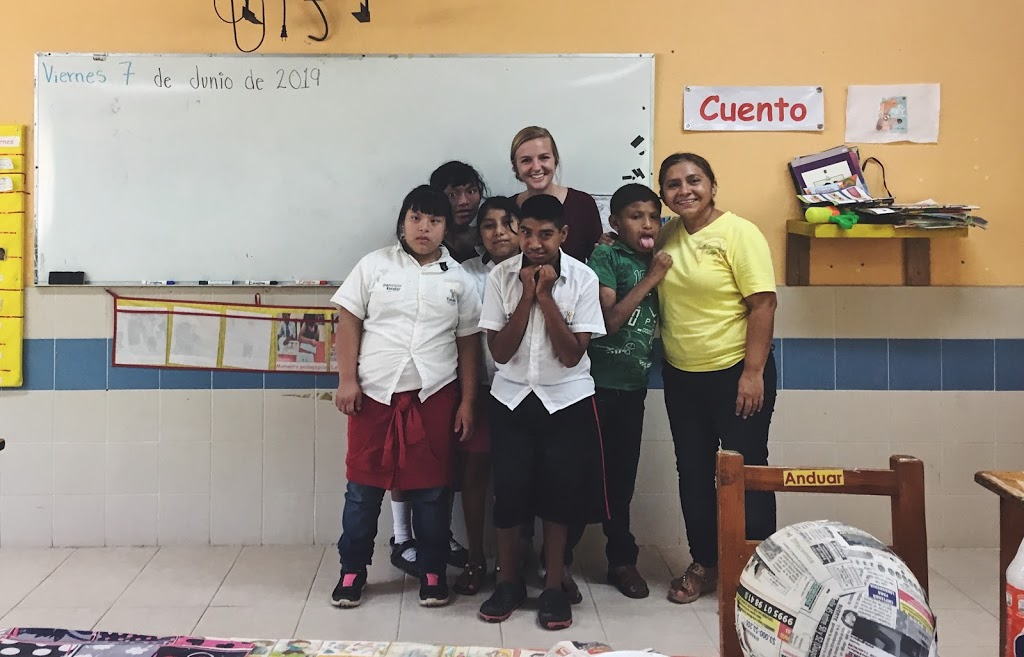
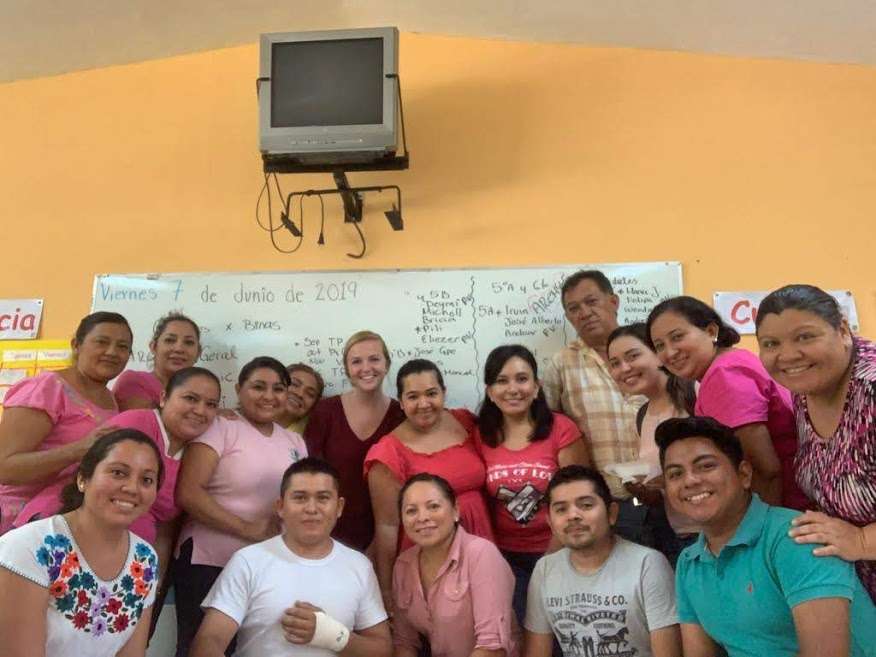
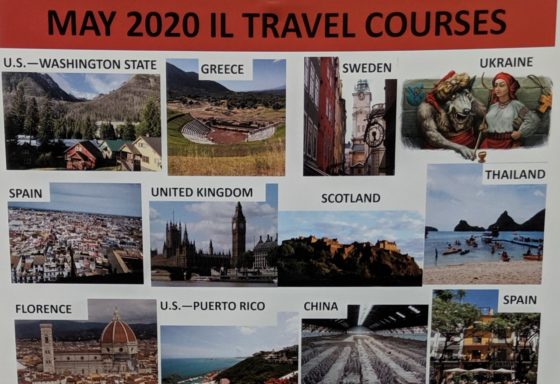
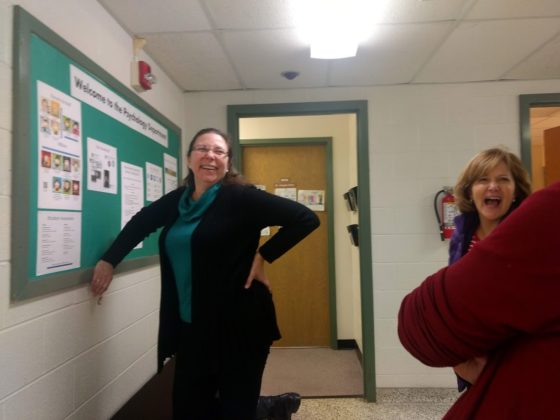
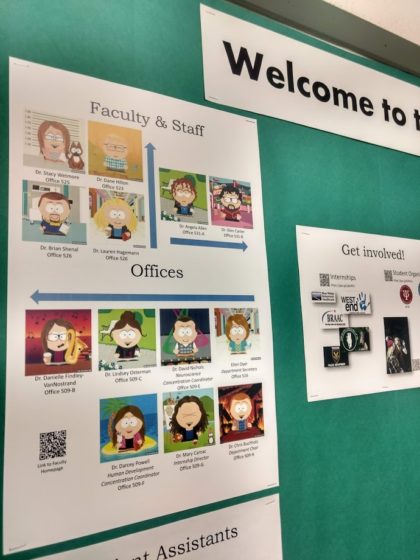

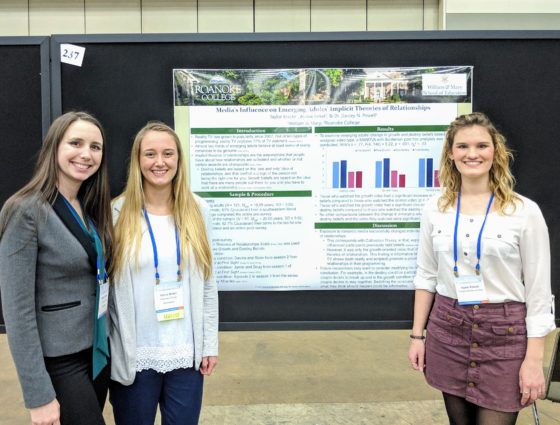
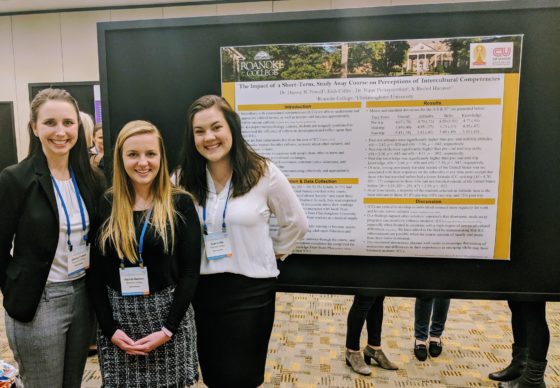
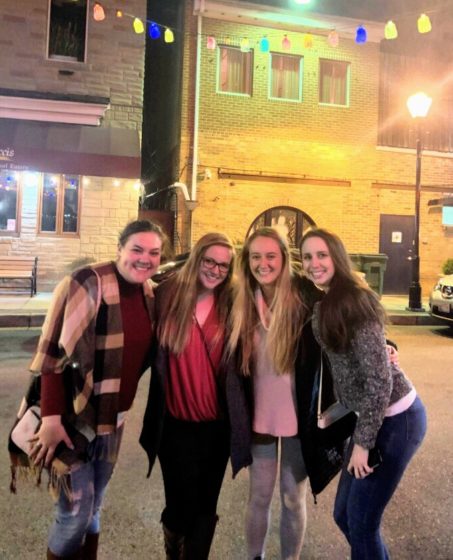
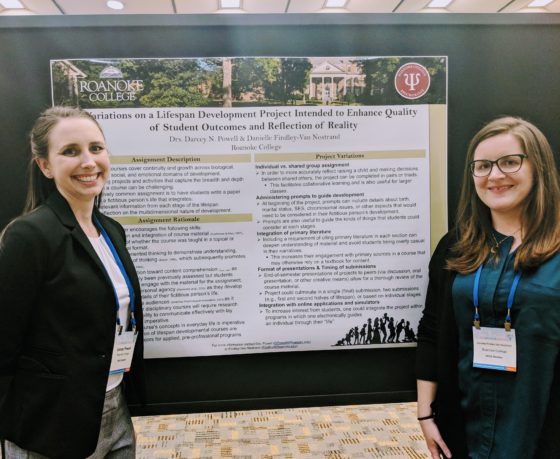
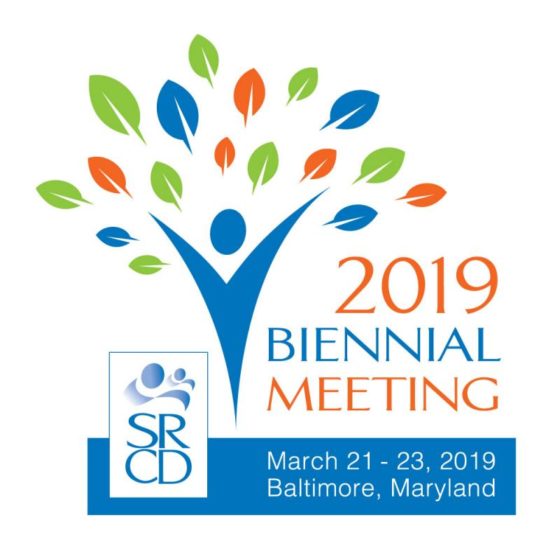


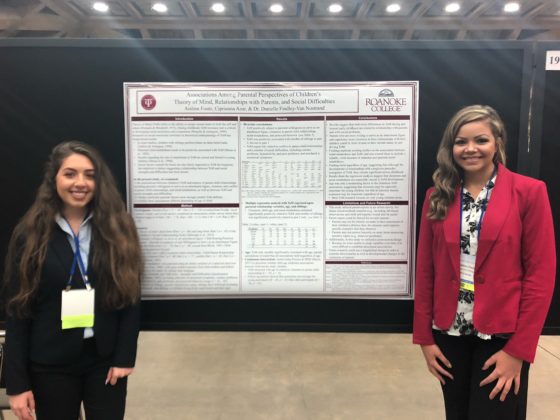
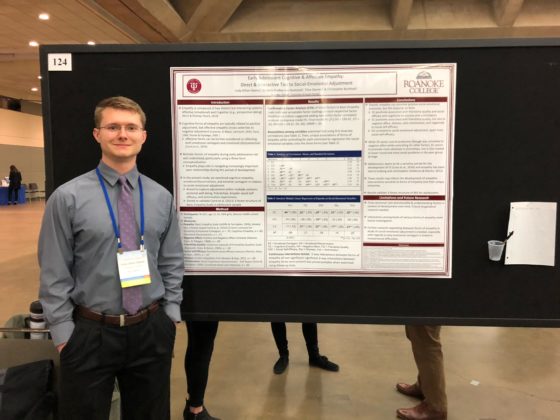
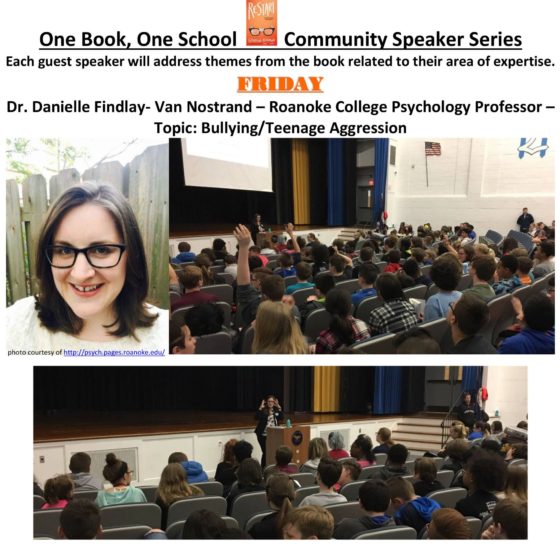
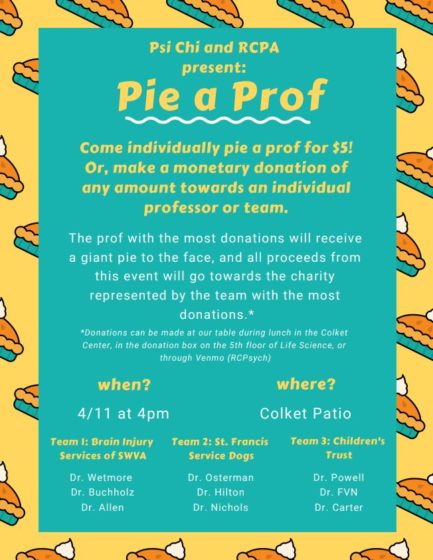

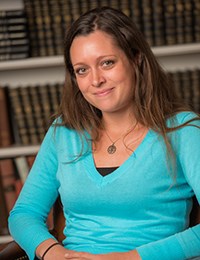 wake of the
wake of the 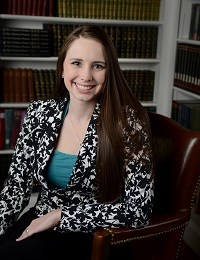 Dr. Darcey Powell described how prenatal expectations differ from postnatal experiences and postnatal desires regarding the division of labor, and how they impact women’s adaptation to motherhood. In addition, Powell explained how important it is for parents with a young infant to find the time to discuss their desires regarding sharing the duty of caring for their little one. To learn more, listen below.
Dr. Darcey Powell described how prenatal expectations differ from postnatal experiences and postnatal desires regarding the division of labor, and how they impact women’s adaptation to motherhood. In addition, Powell explained how important it is for parents with a young infant to find the time to discuss their desires regarding sharing the duty of caring for their little one. To learn more, listen below.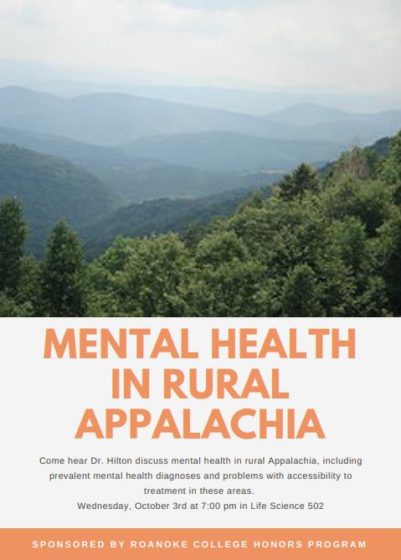


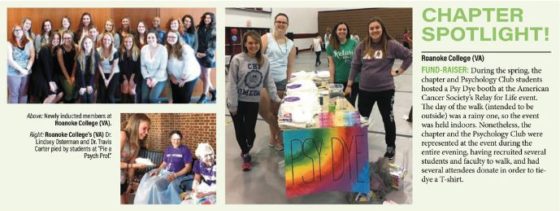
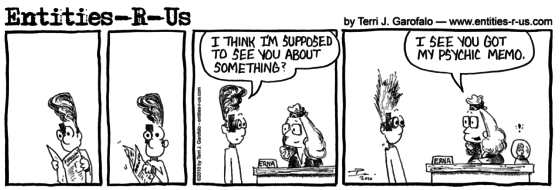
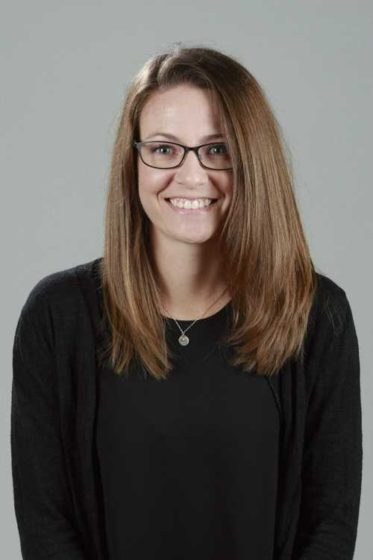


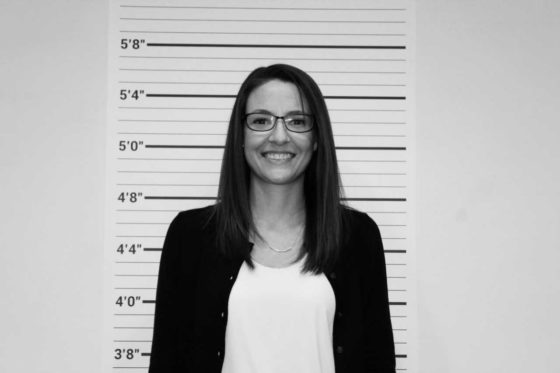
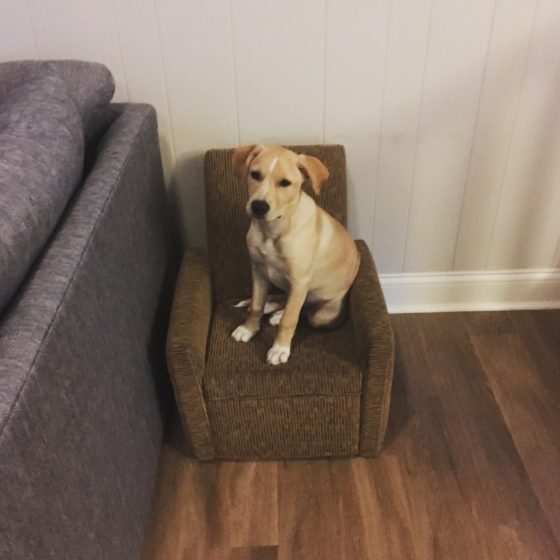

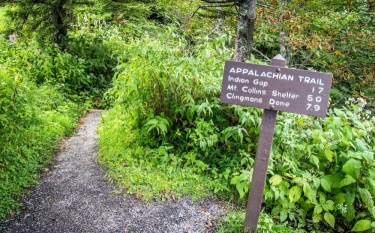
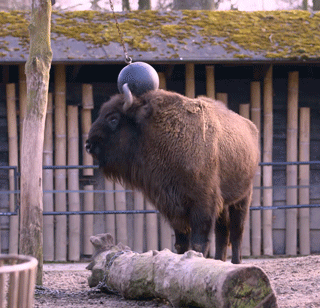
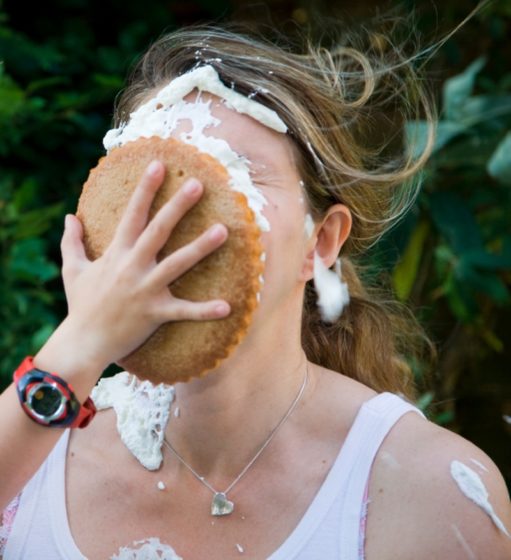 Today is the day. The day you get to see your professors pied! From 5pm-6pm at Sutton Terrace RCPA and Psi Chi will make your dreams come true by pieing 6 of our beloved professors for your enjoyment, all while raising money for the American Foundation for Suicide Prevention.
Today is the day. The day you get to see your professors pied! From 5pm-6pm at Sutton Terrace RCPA and Psi Chi will make your dreams come true by pieing 6 of our beloved professors for your enjoyment, all while raising money for the American Foundation for Suicide Prevention.